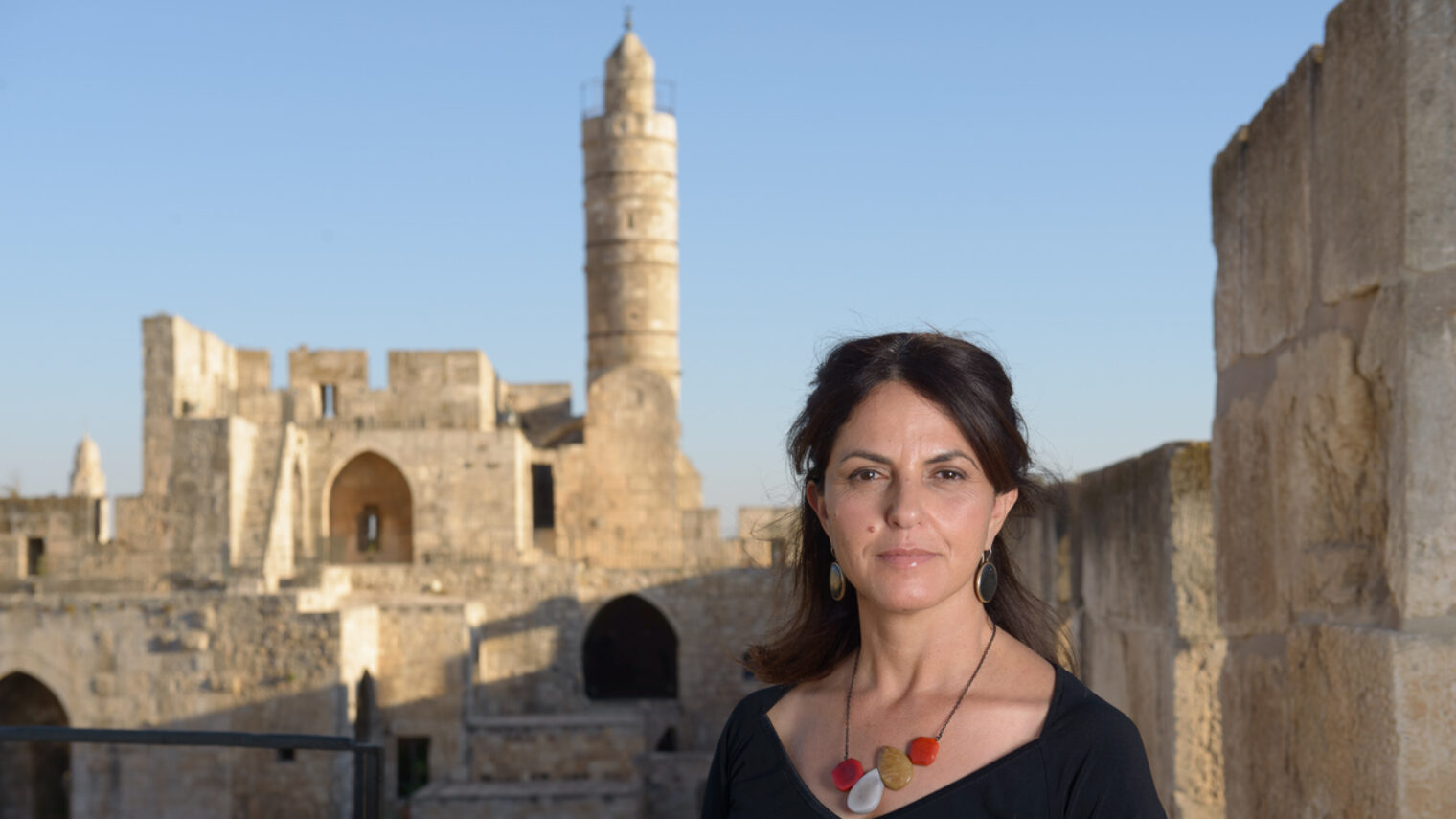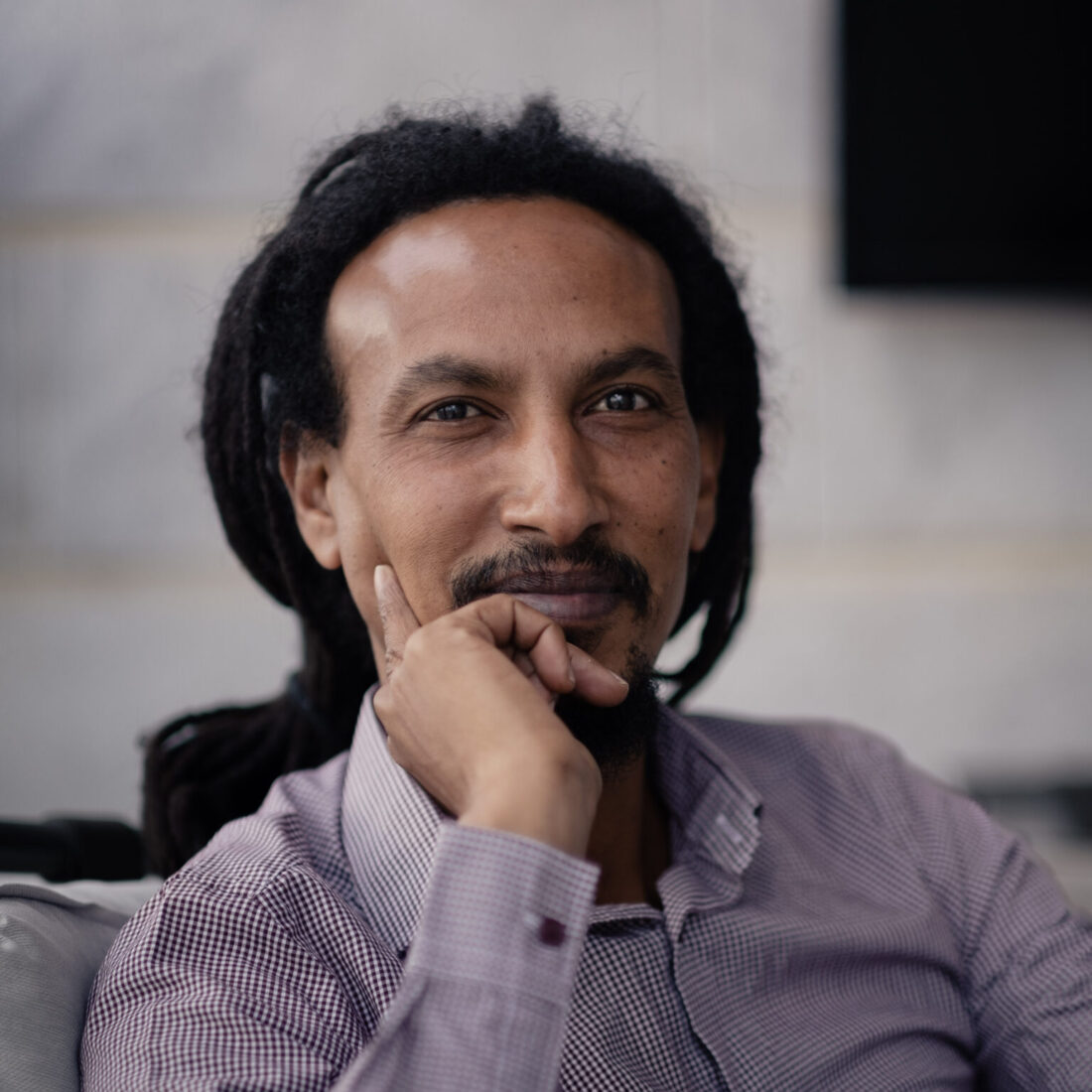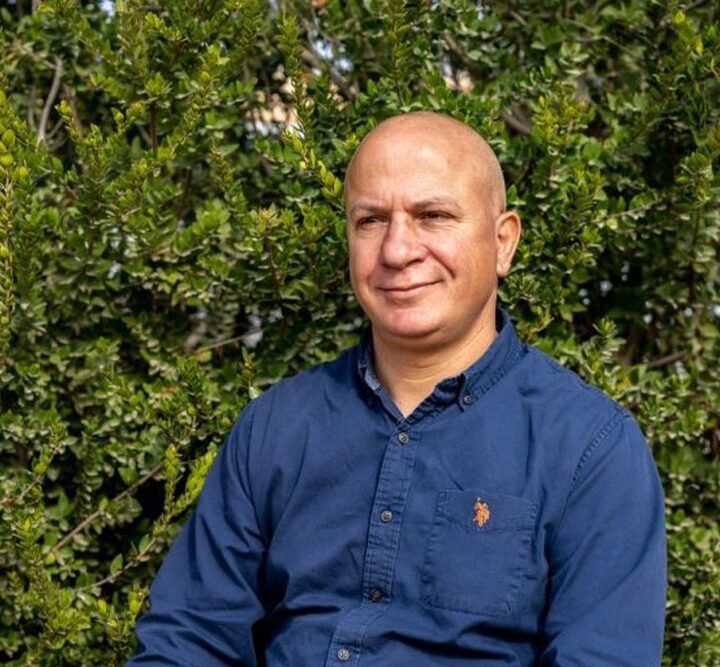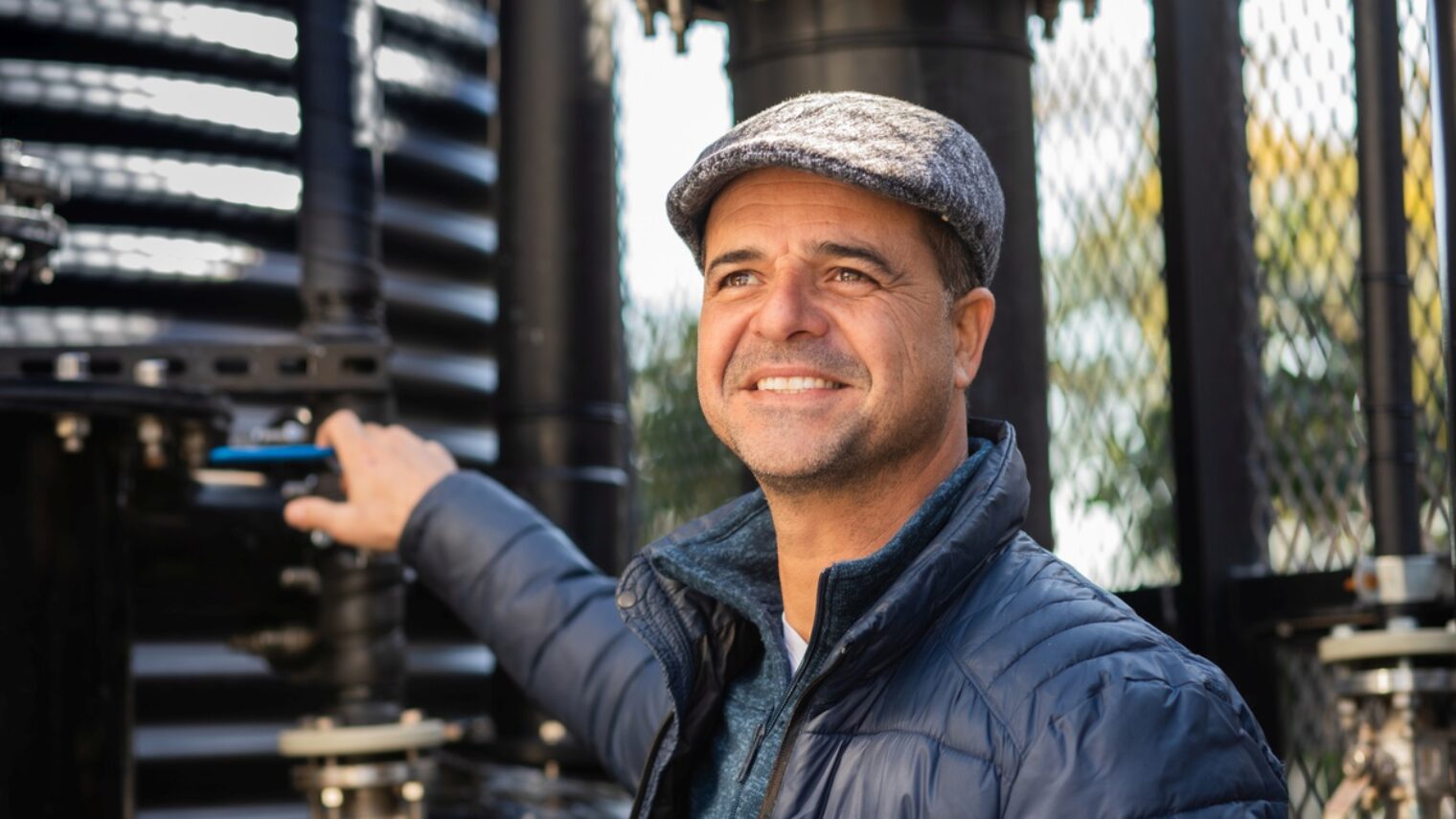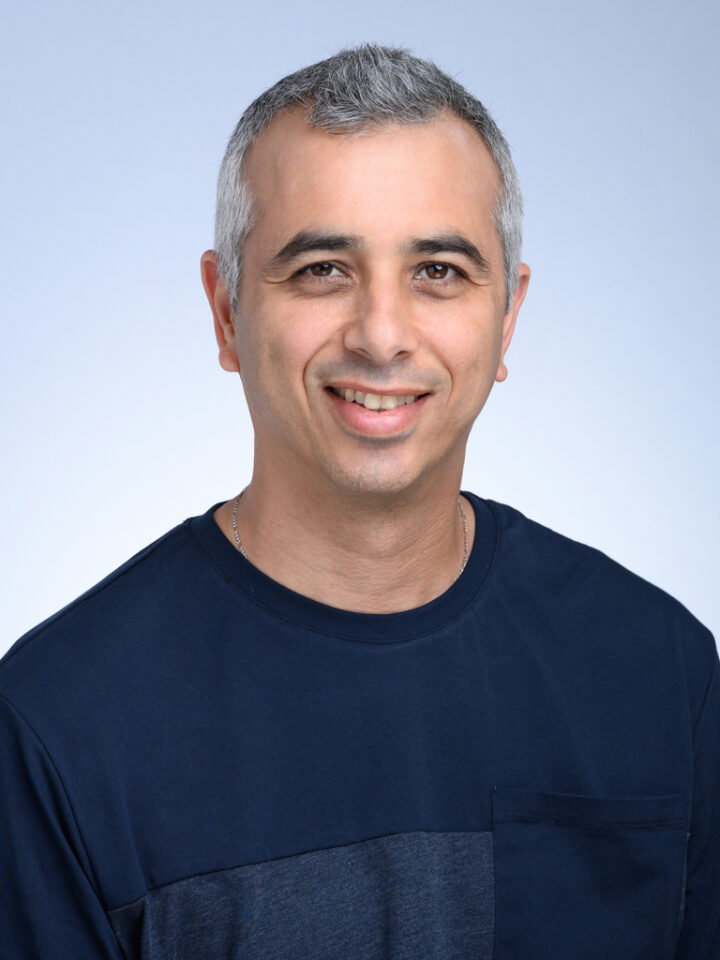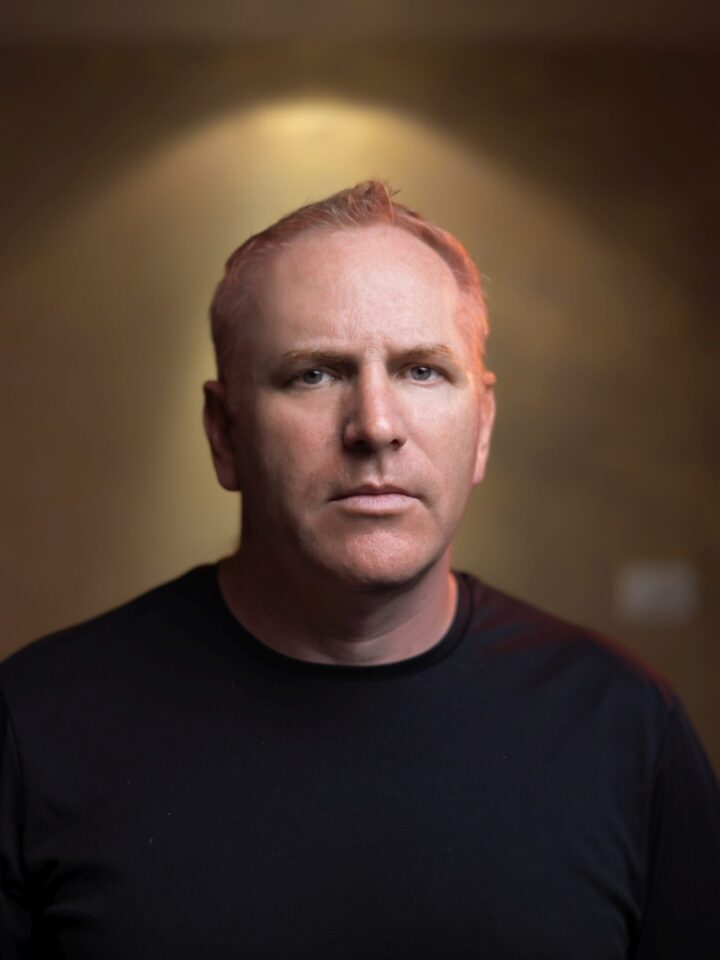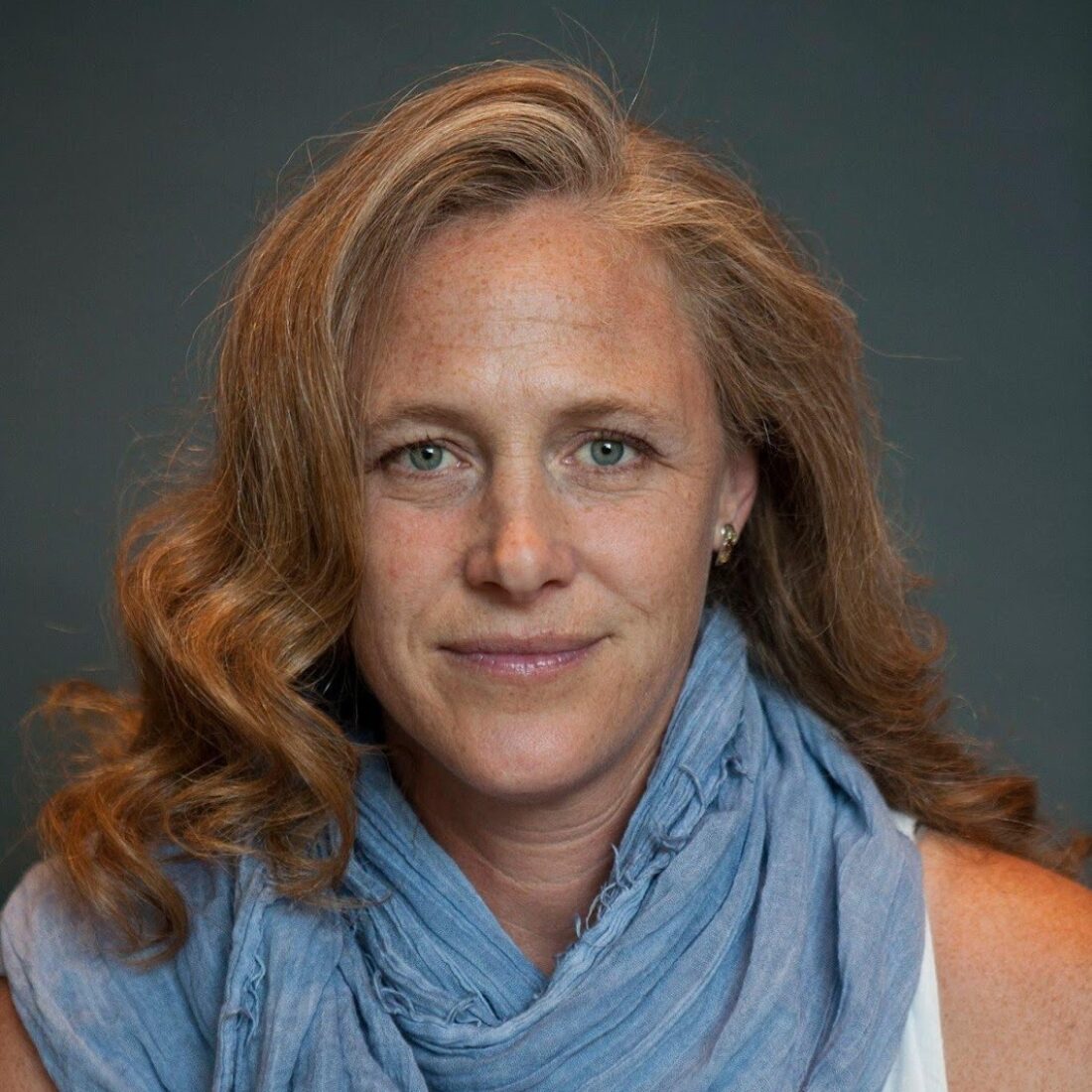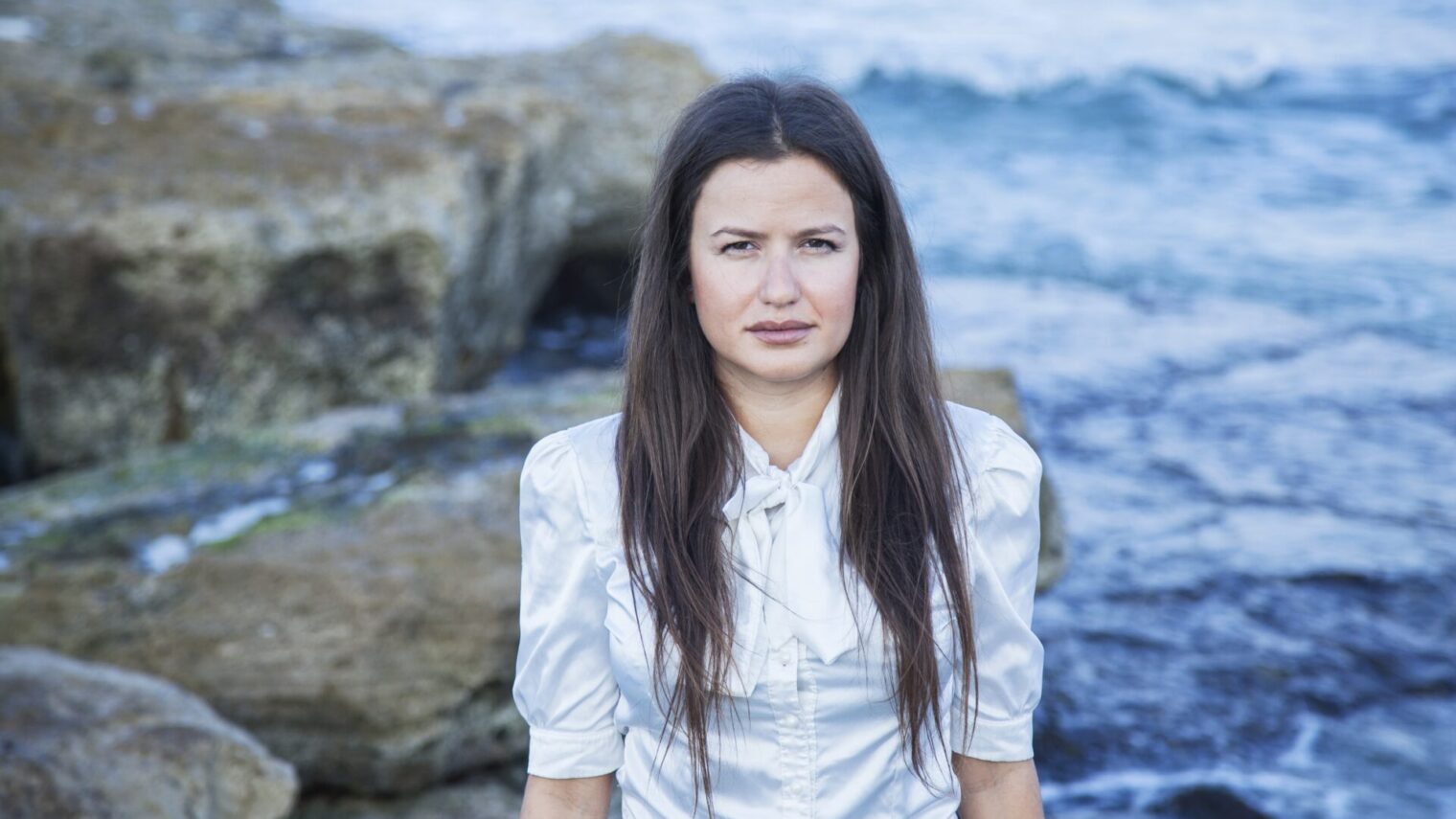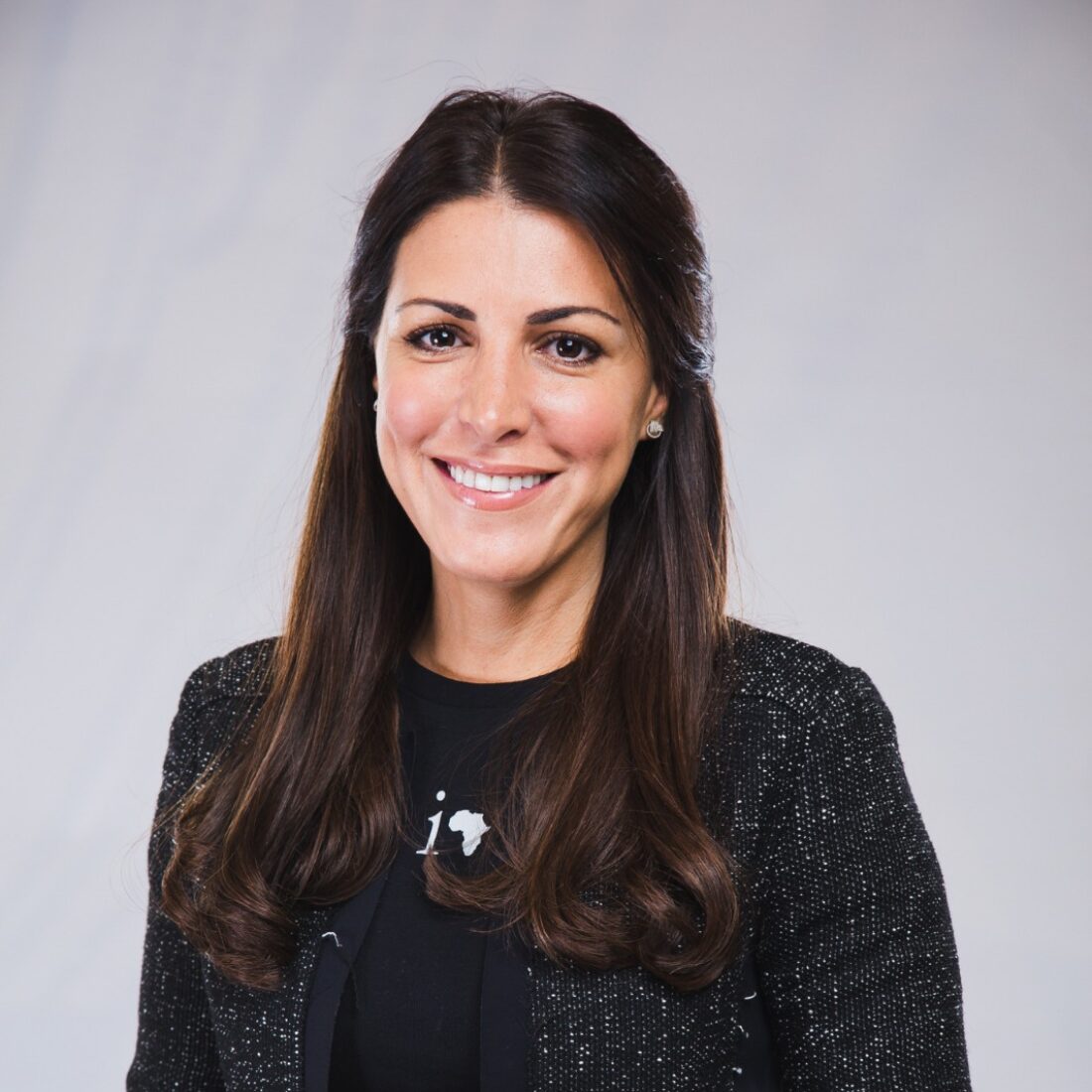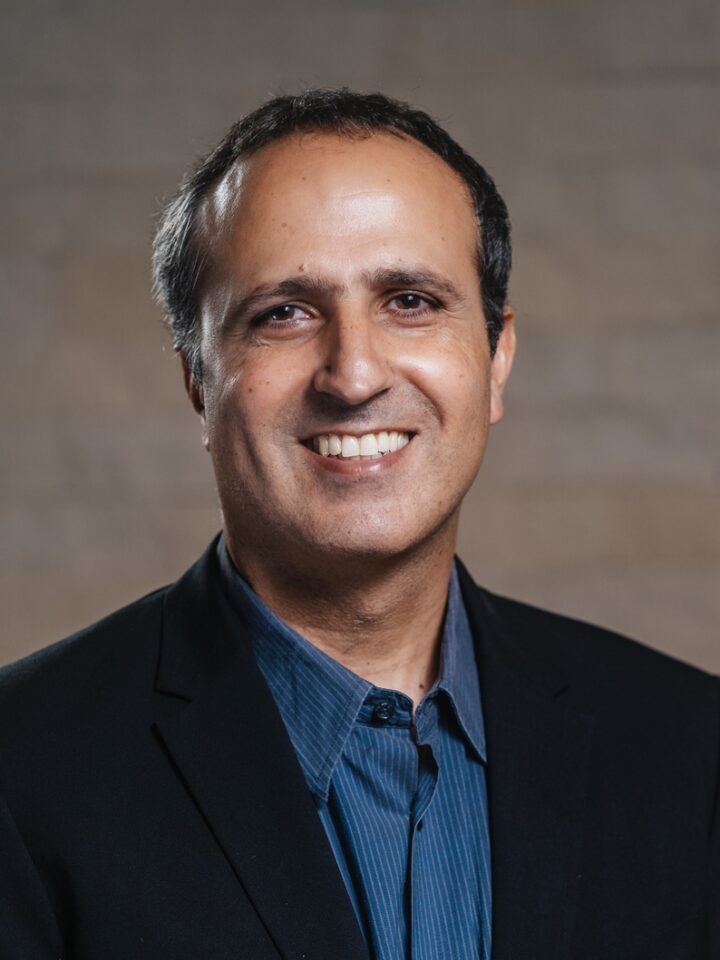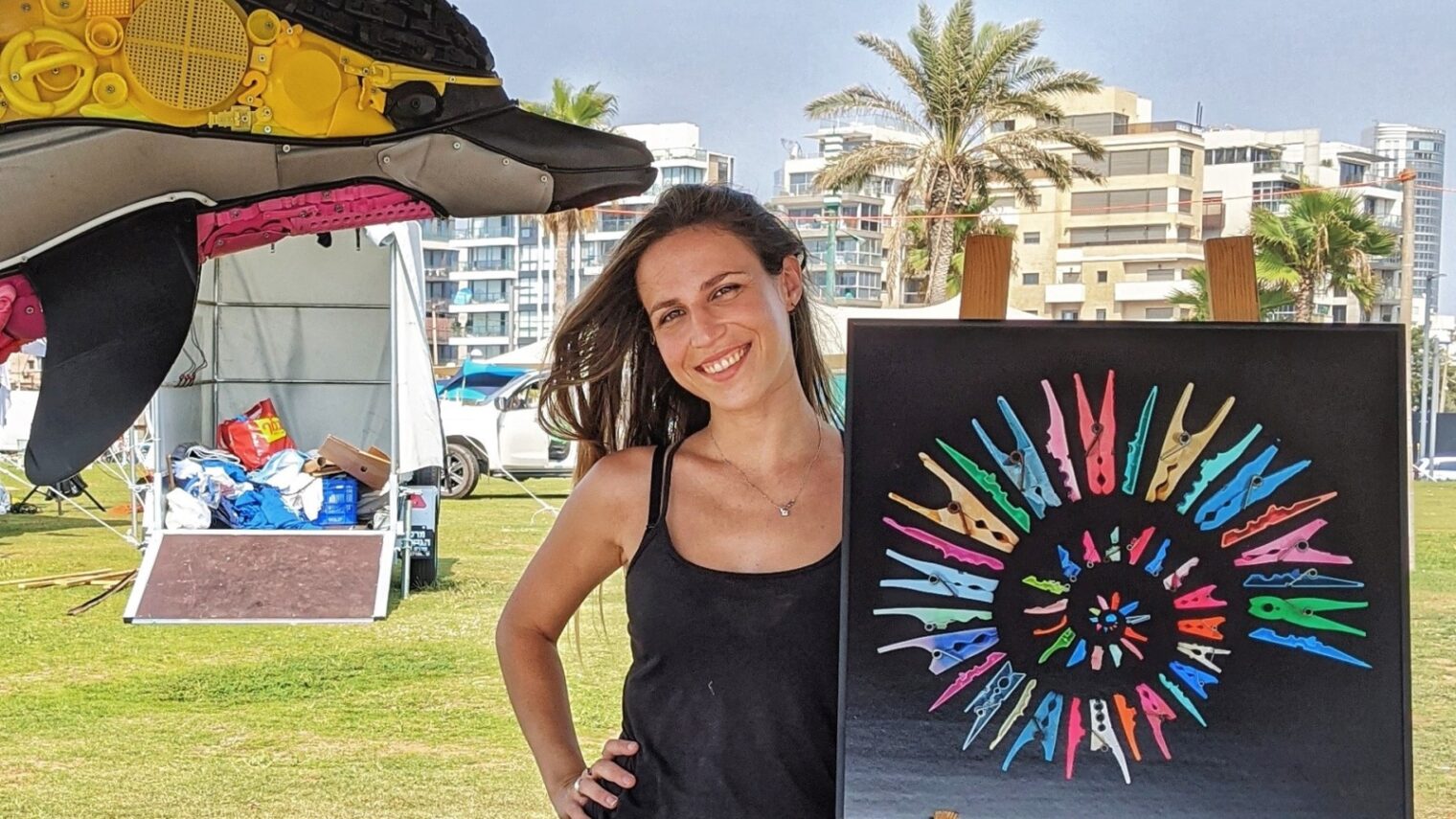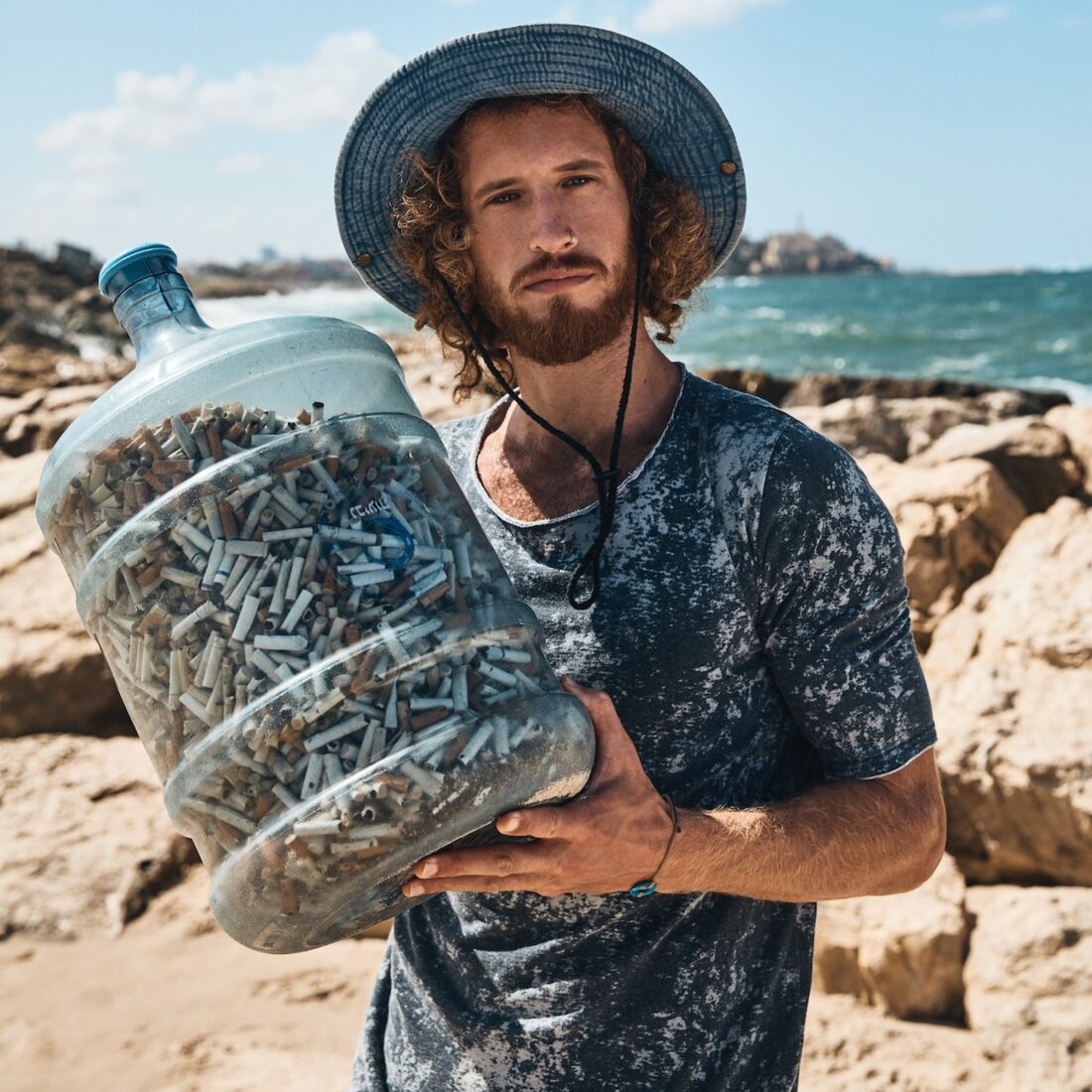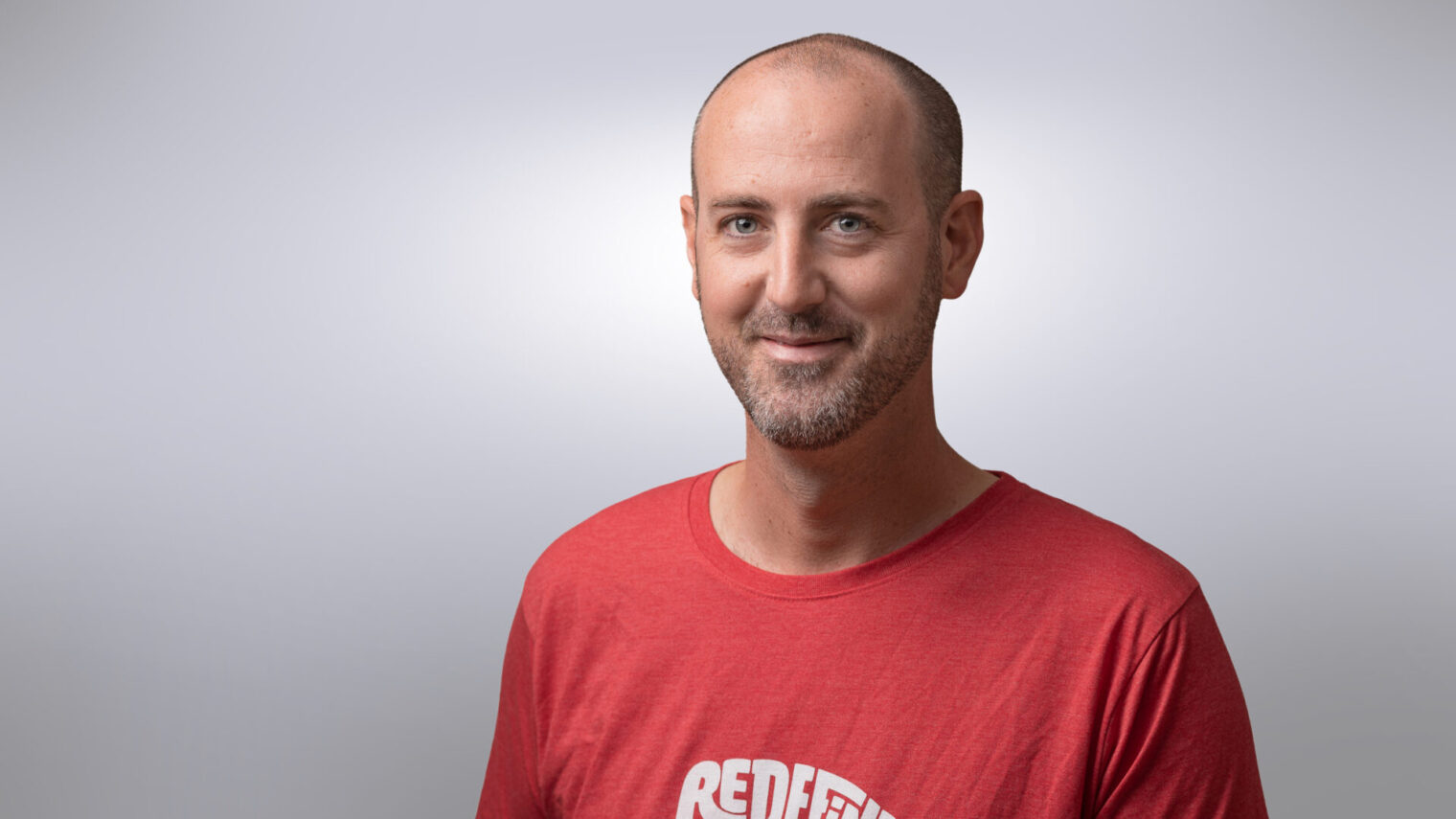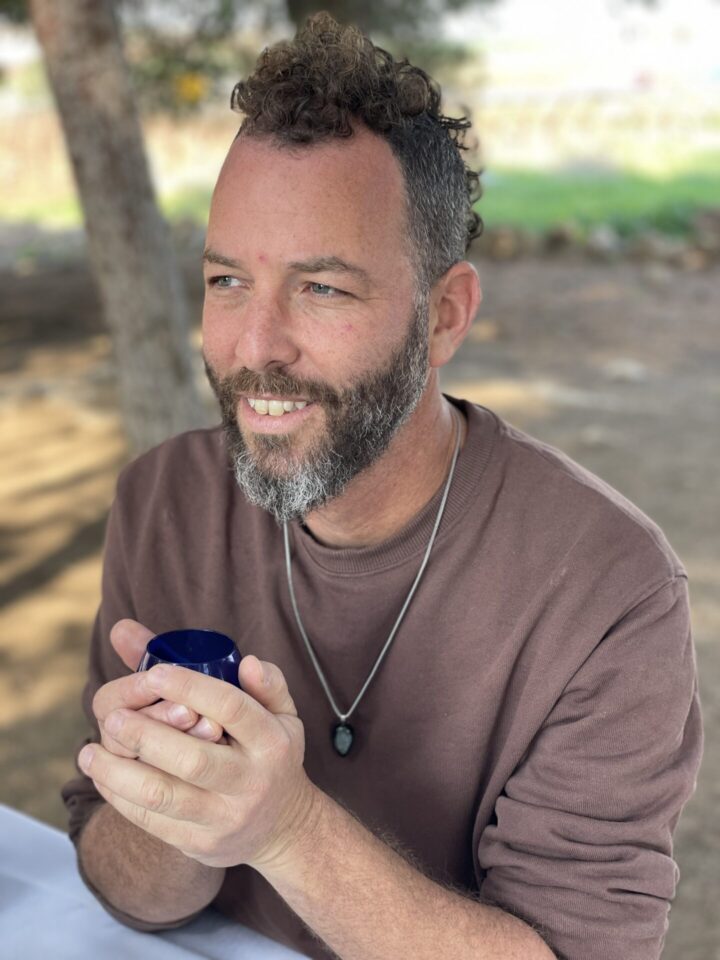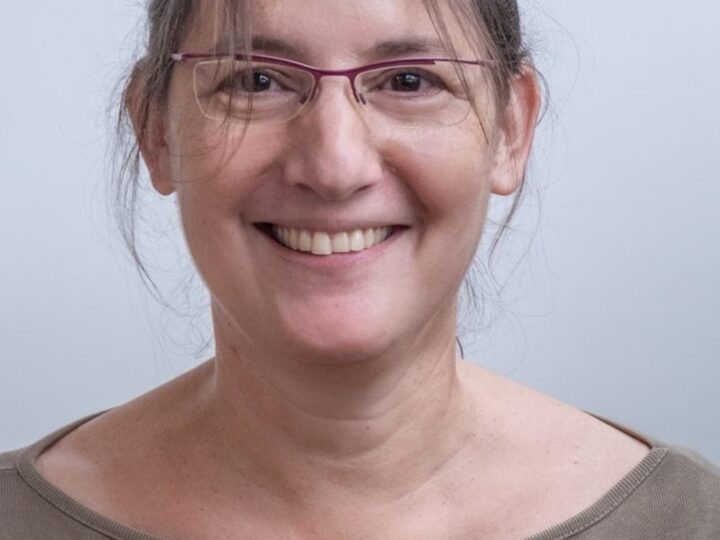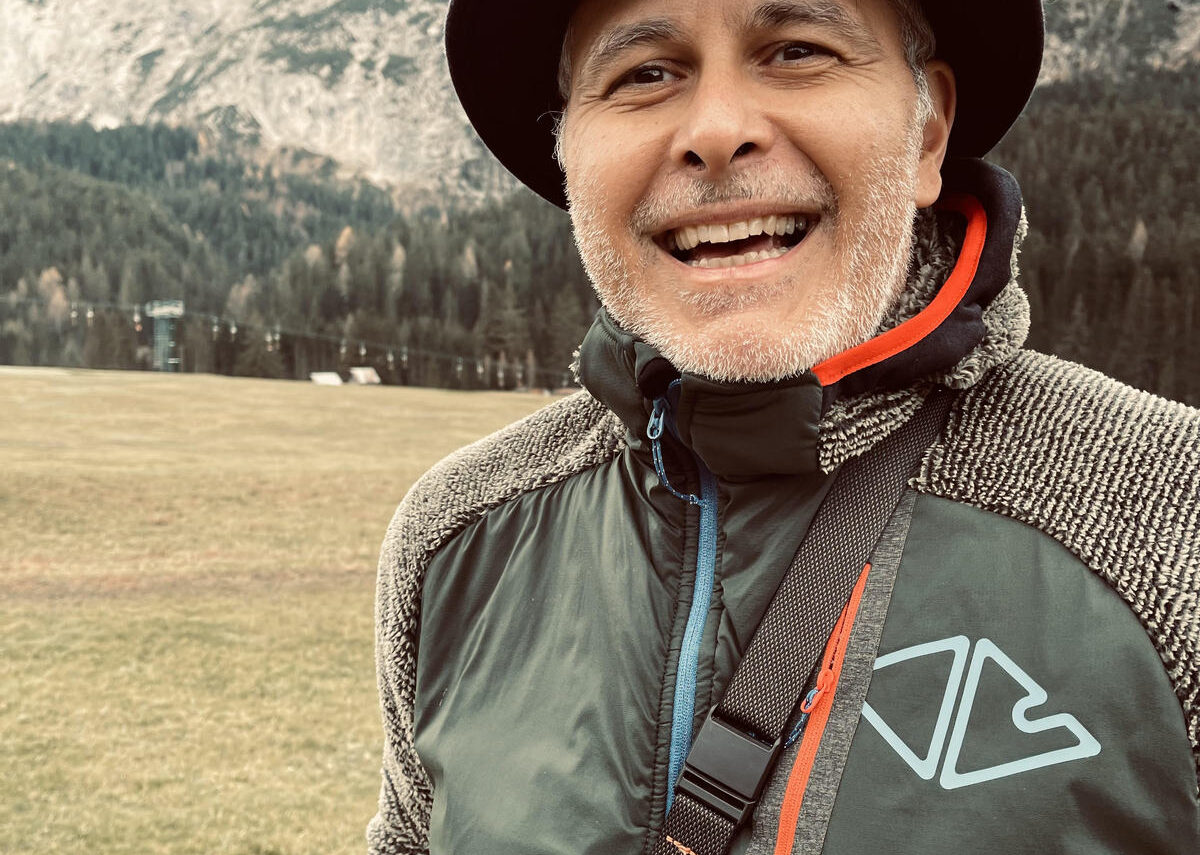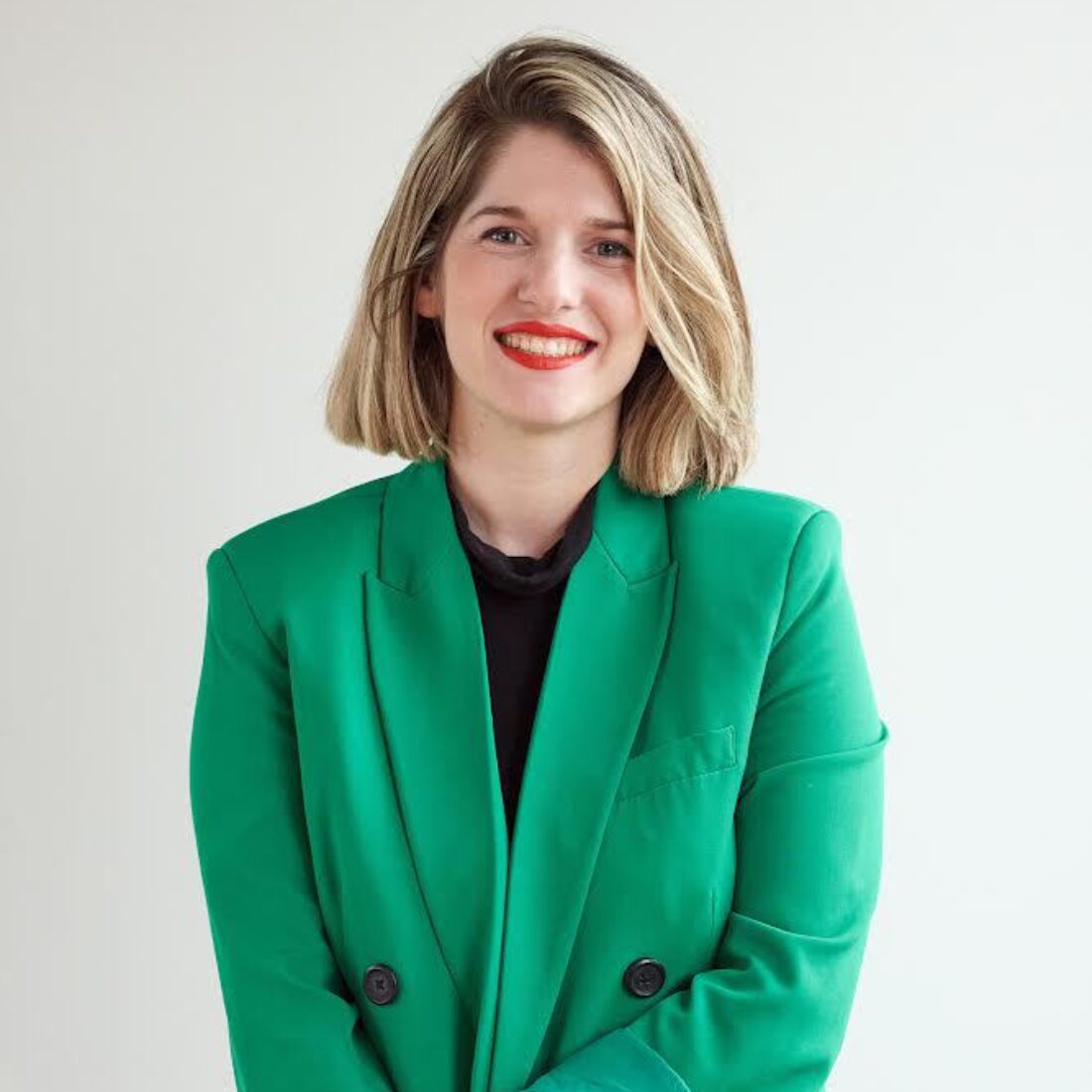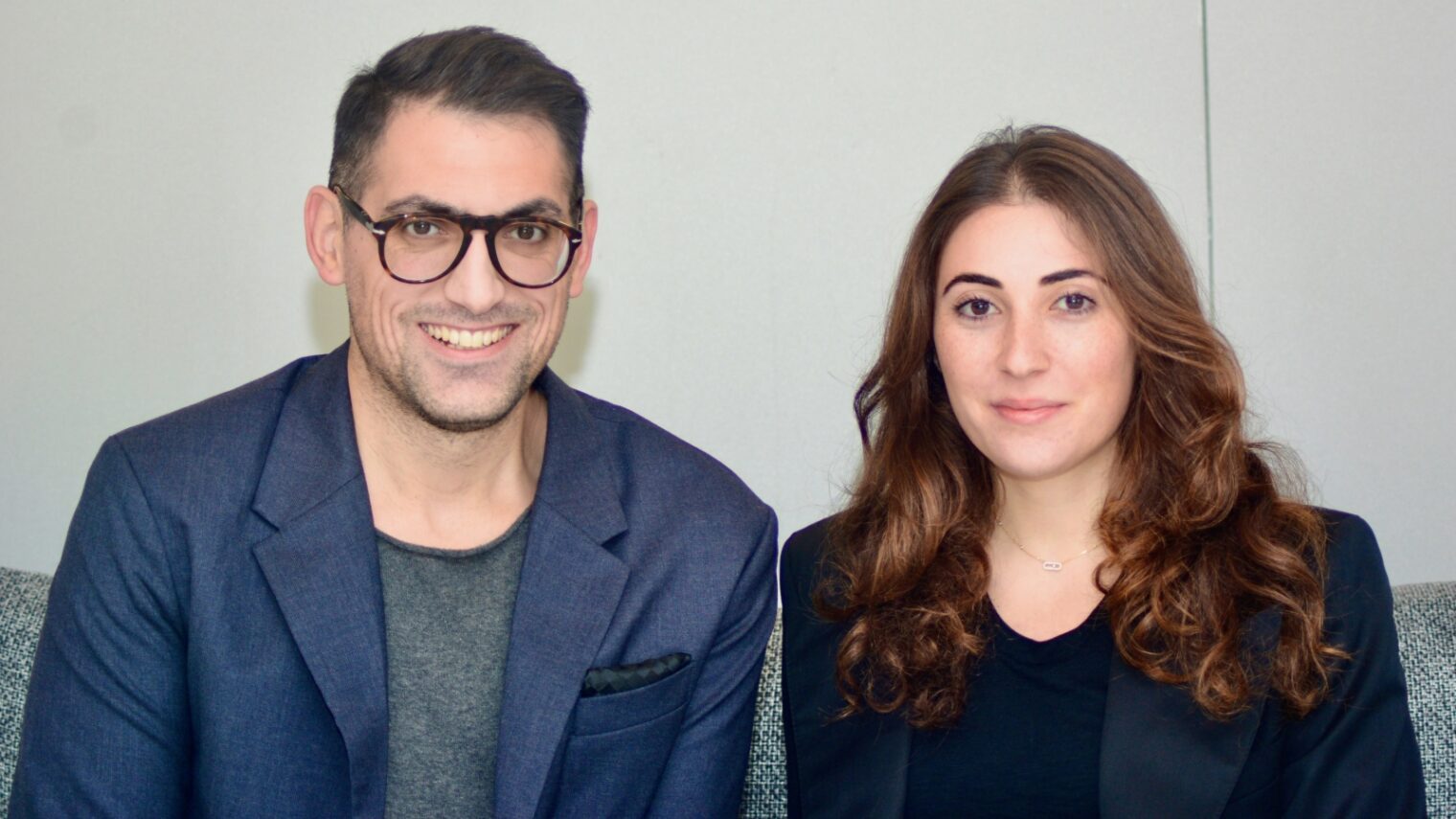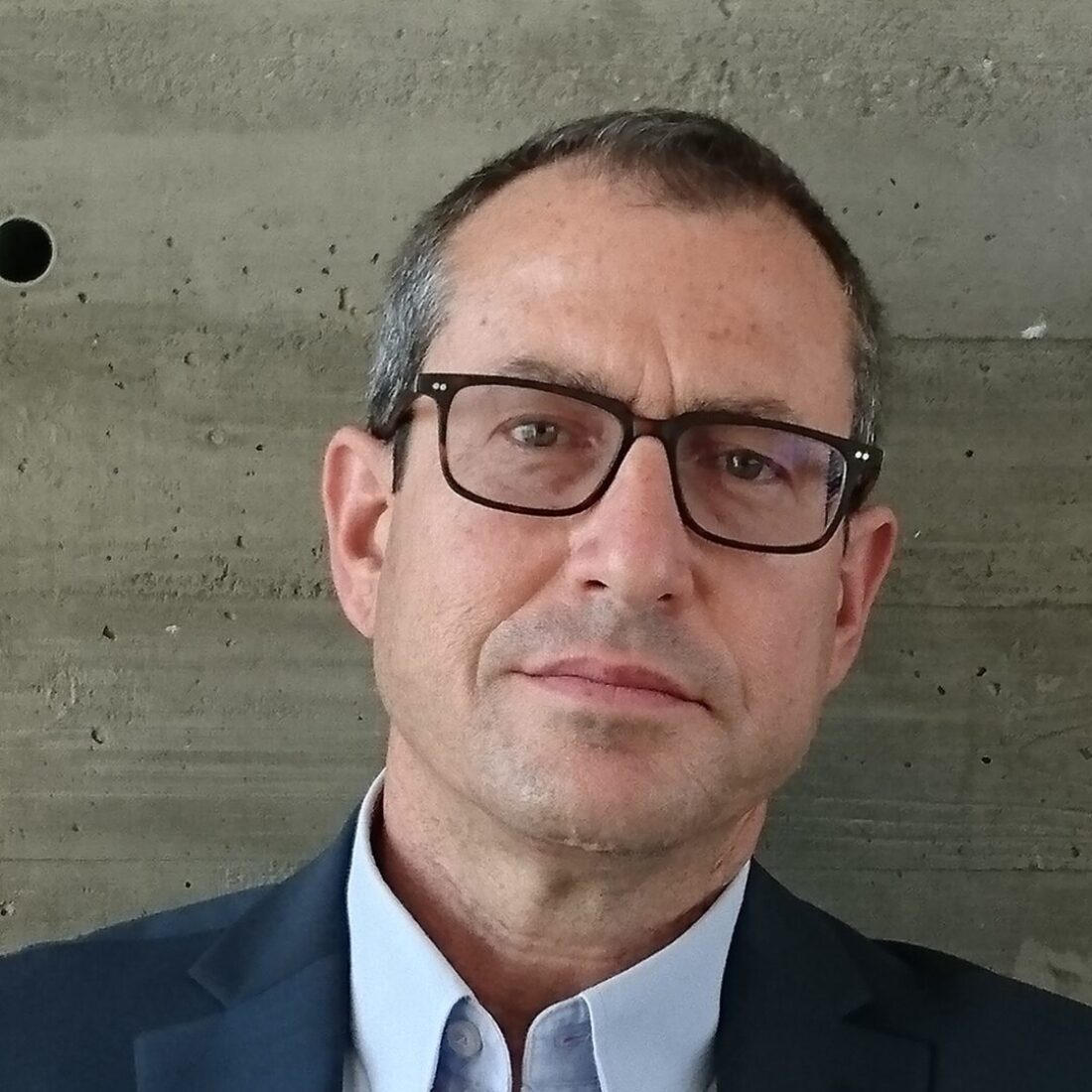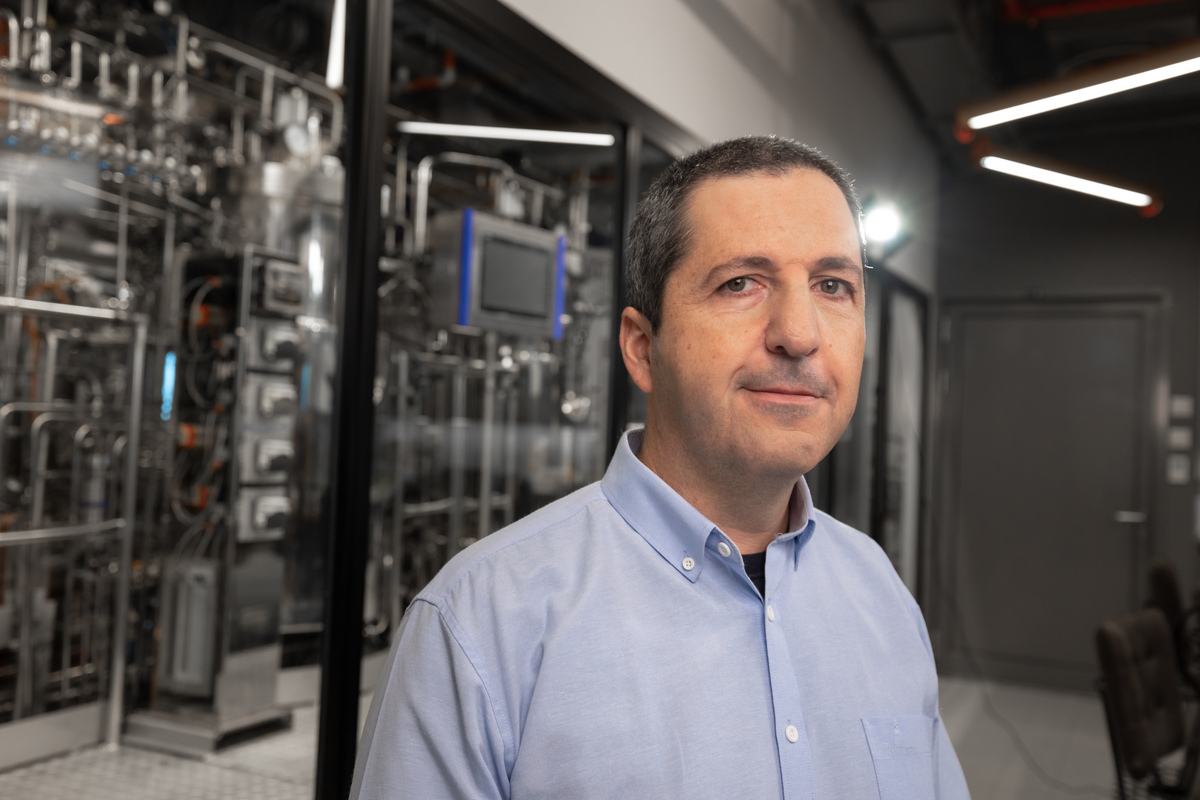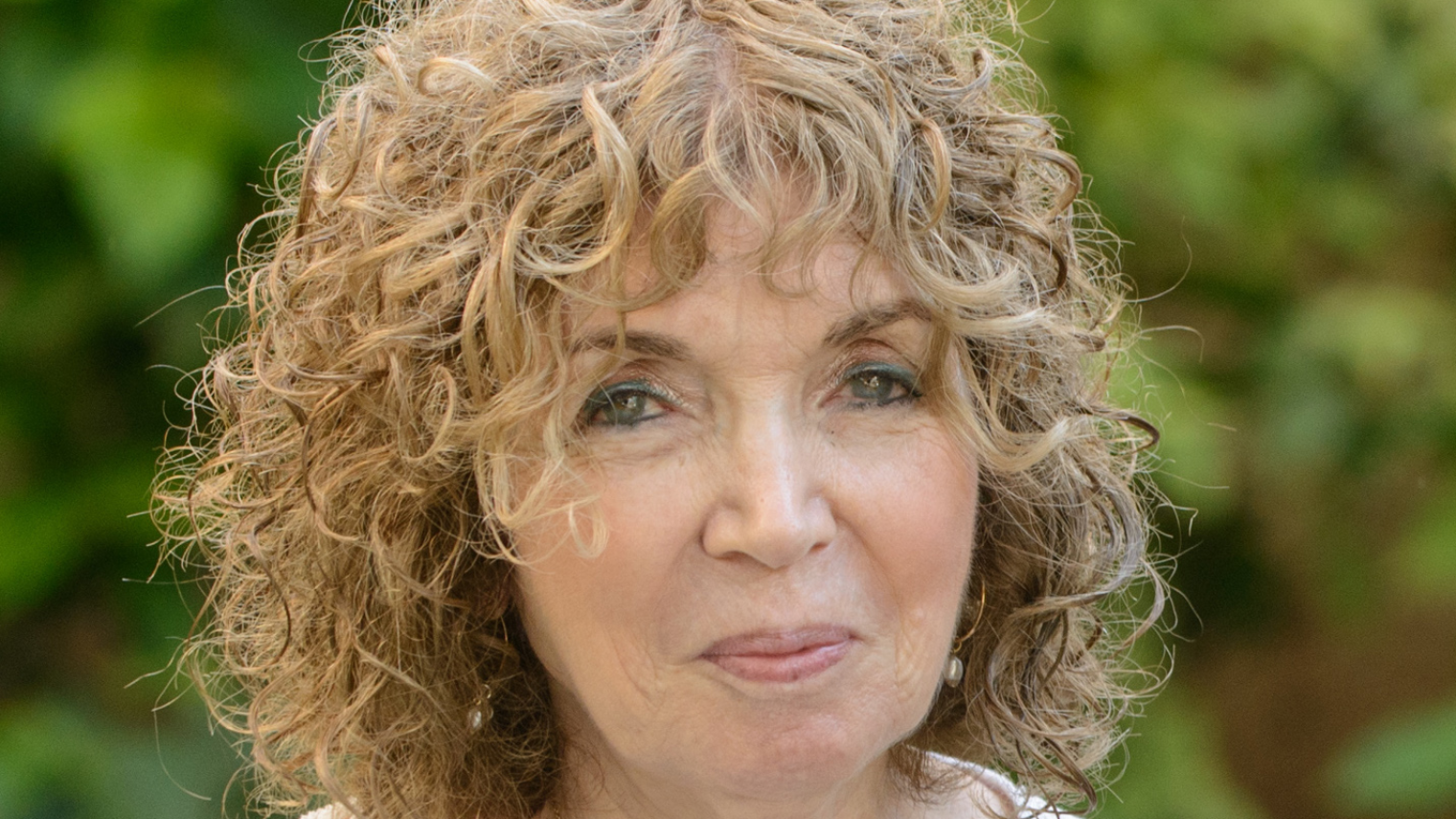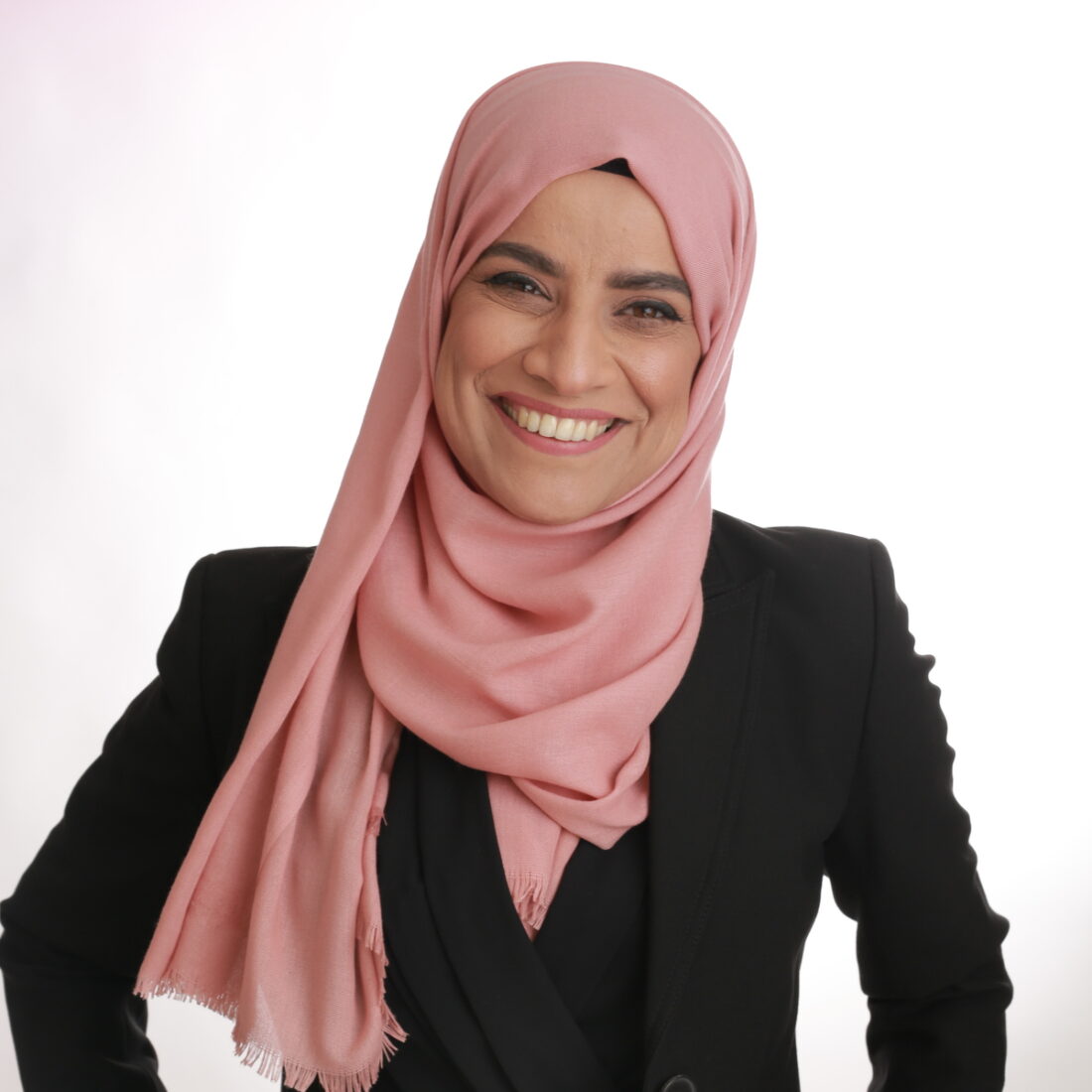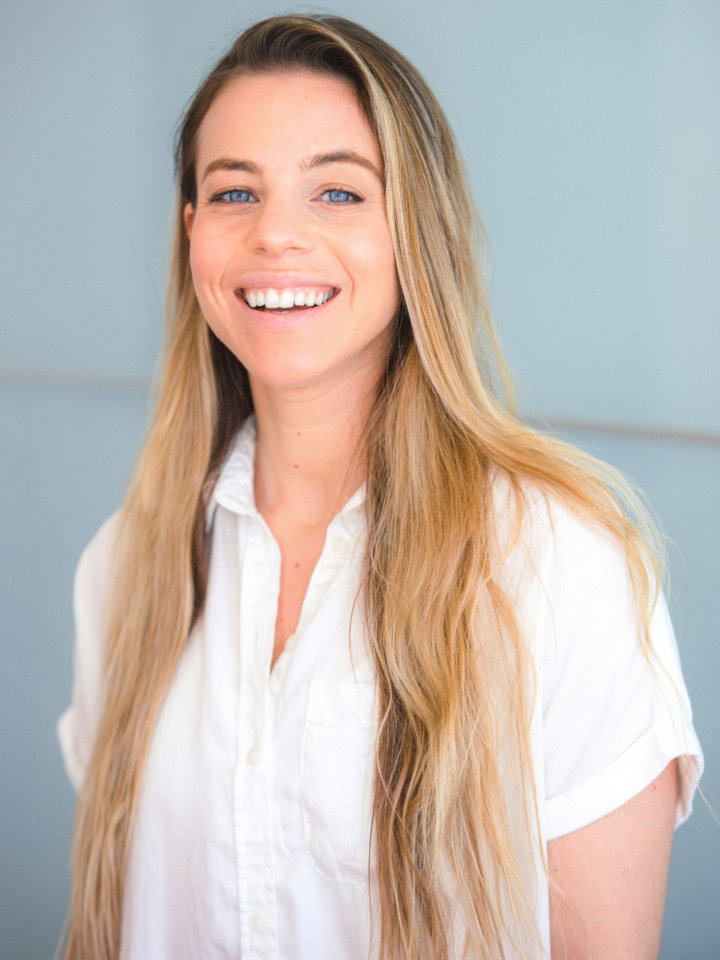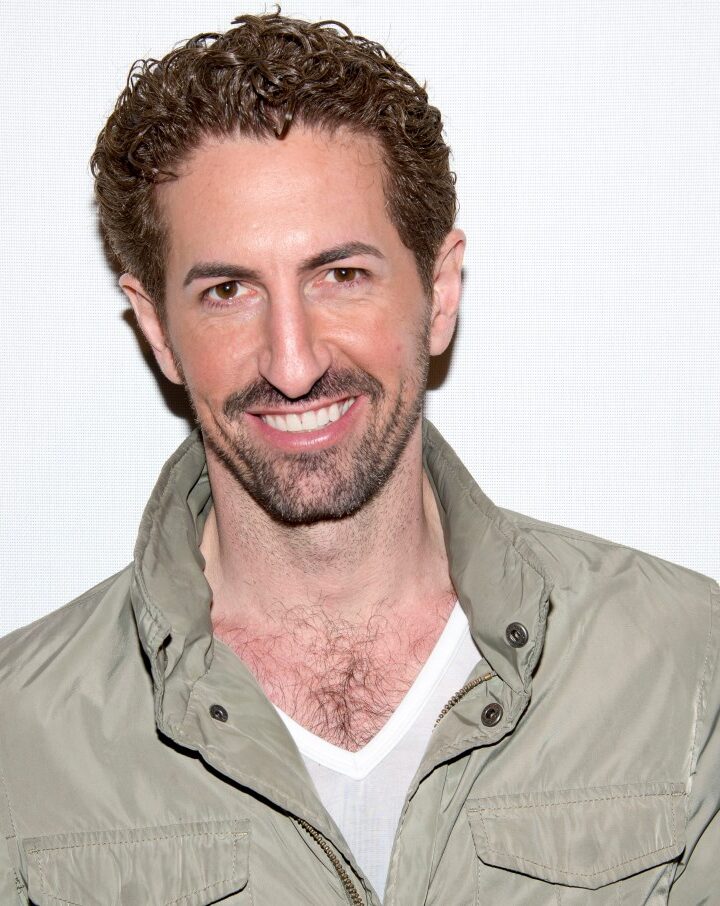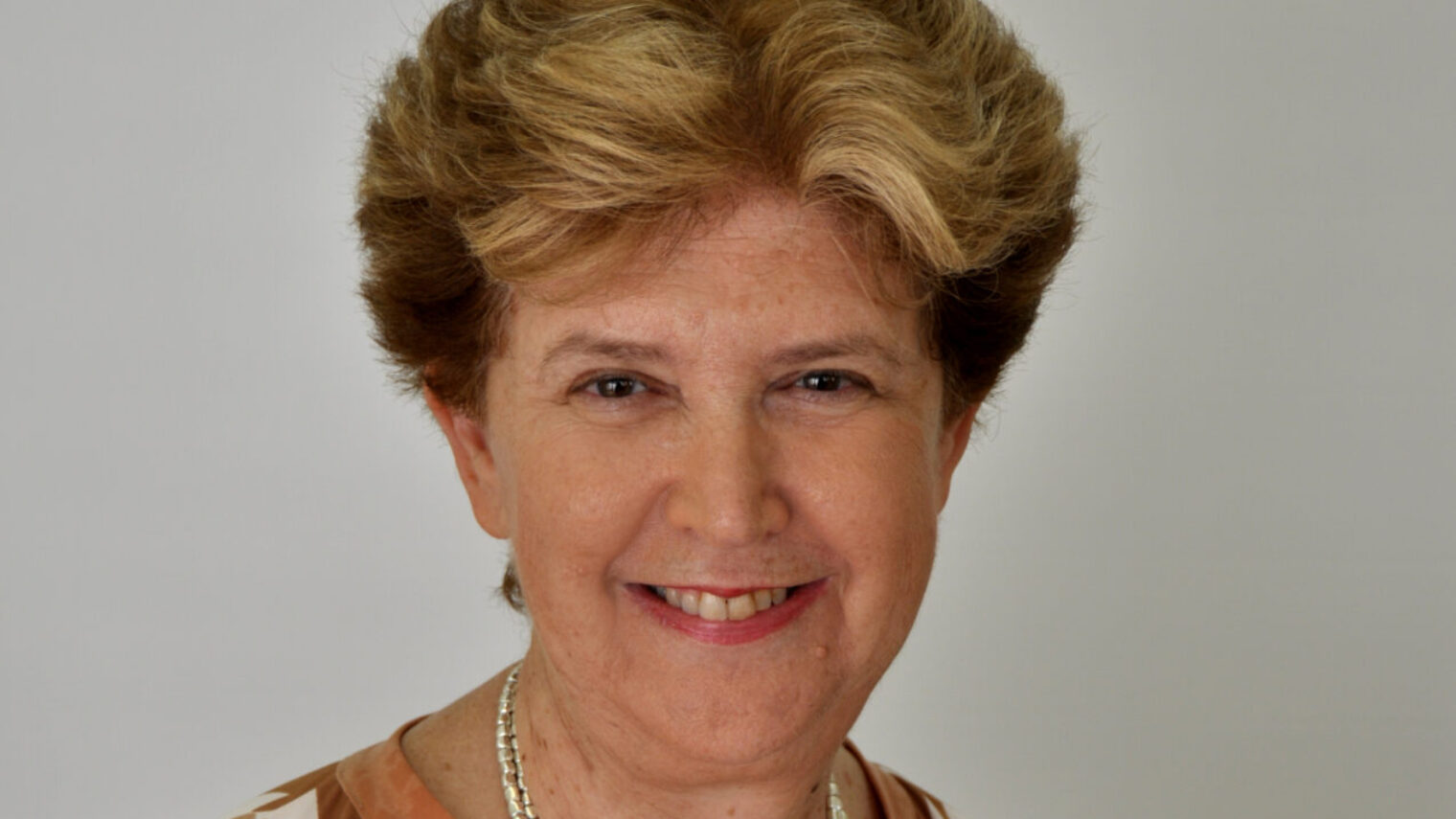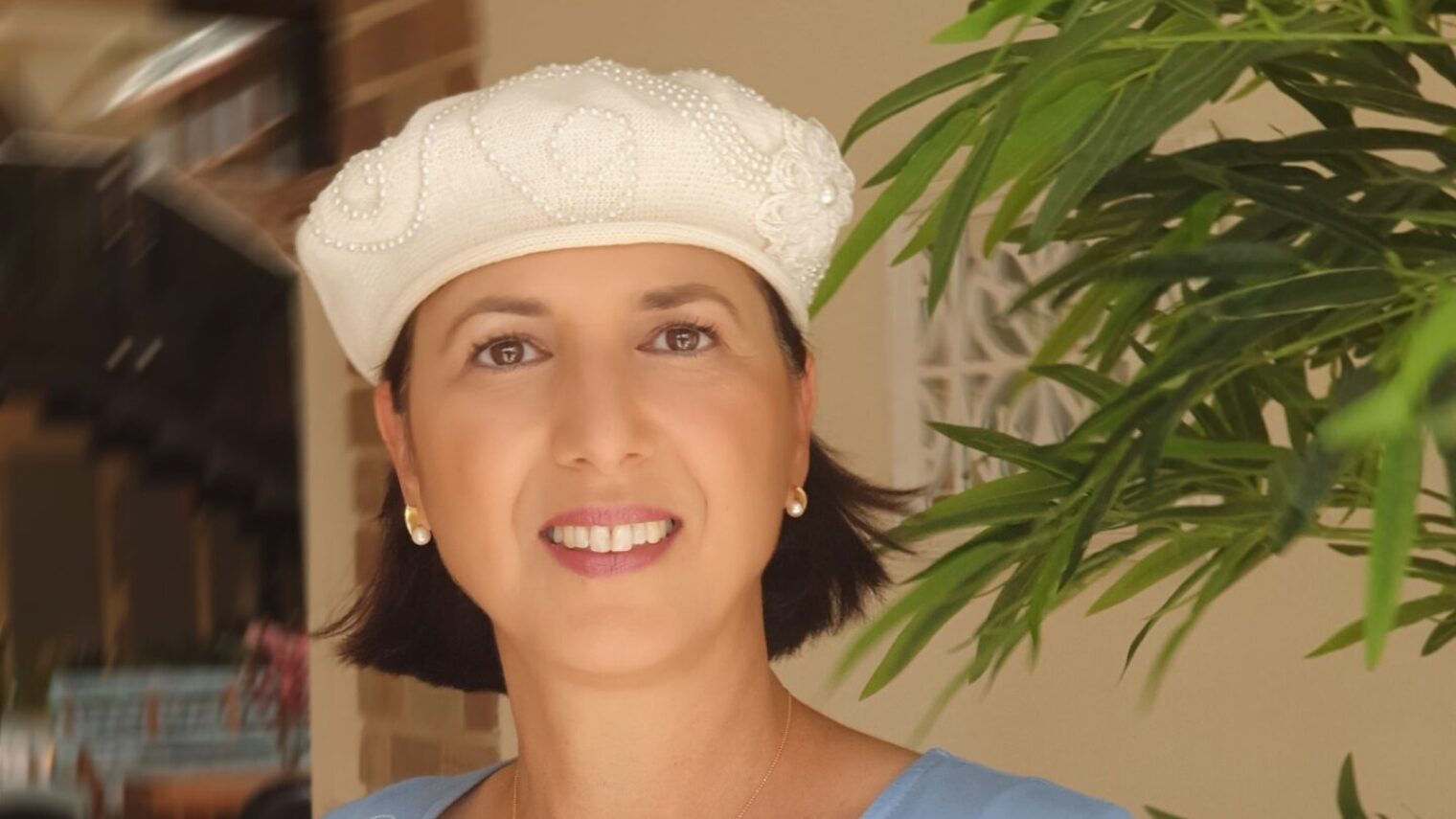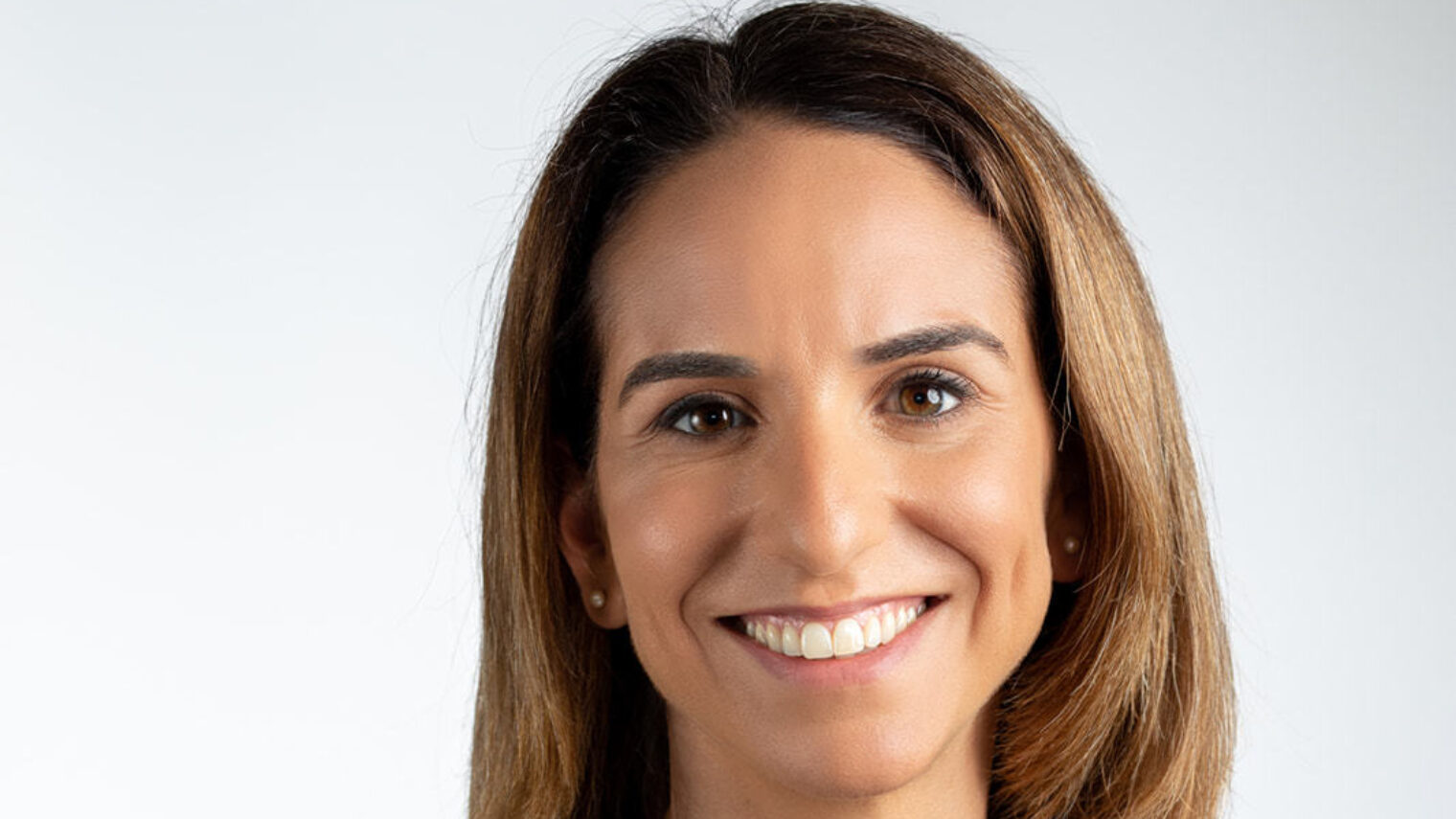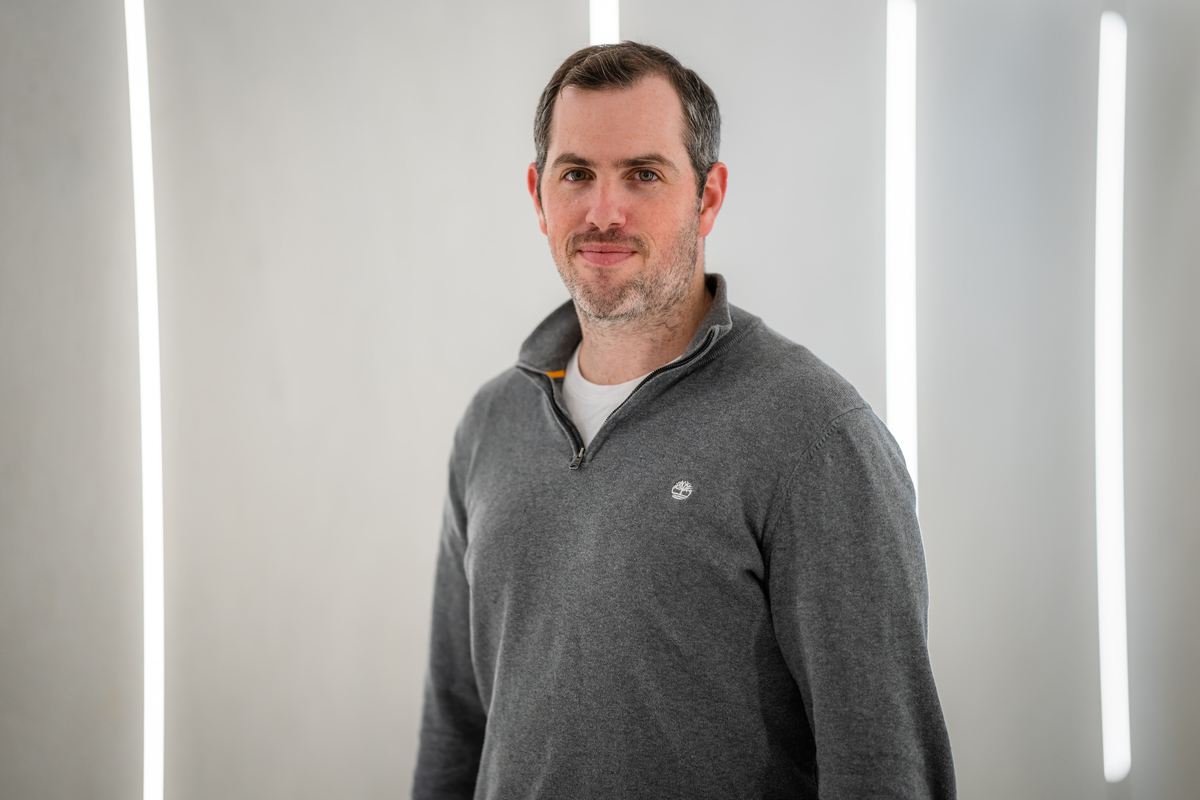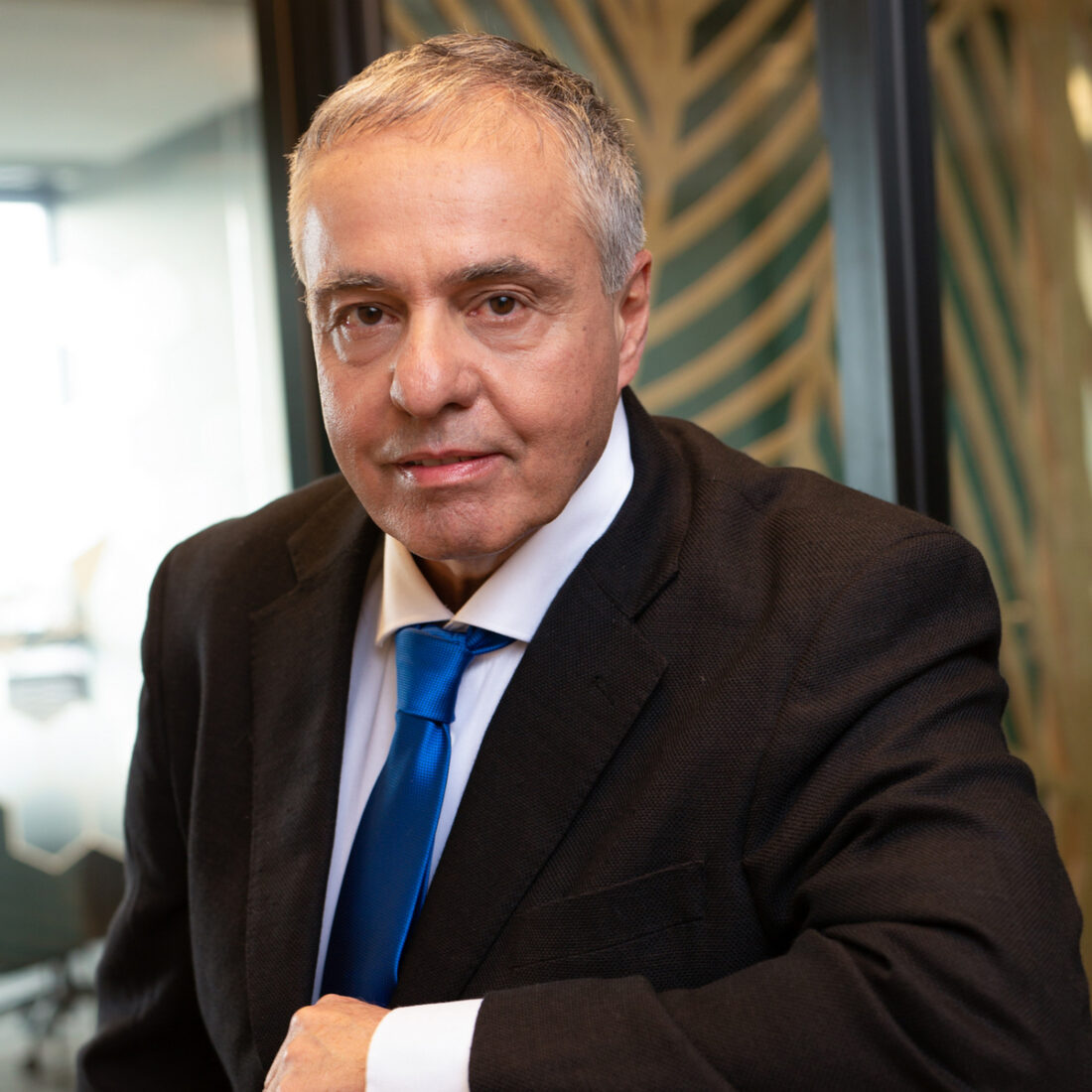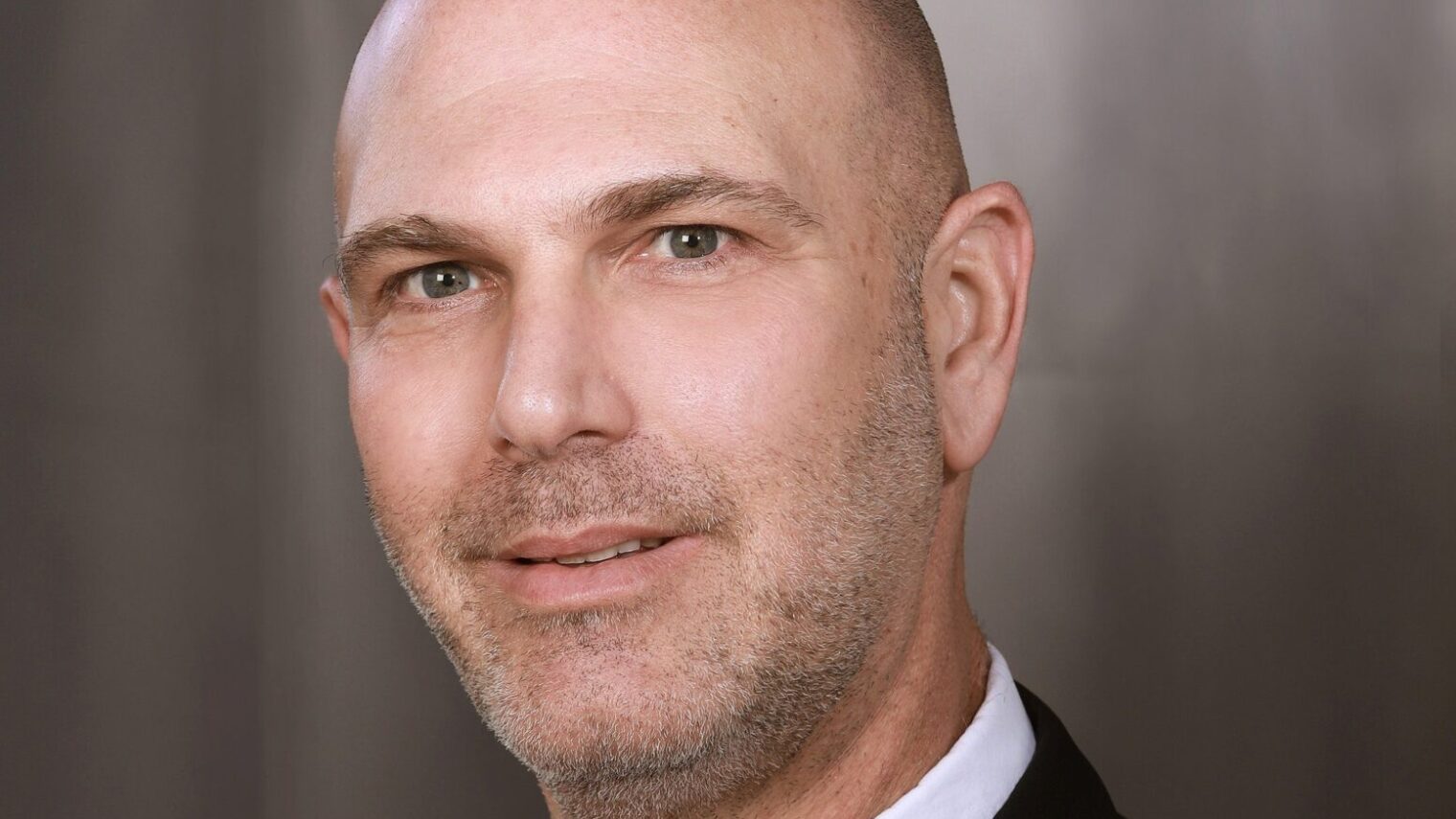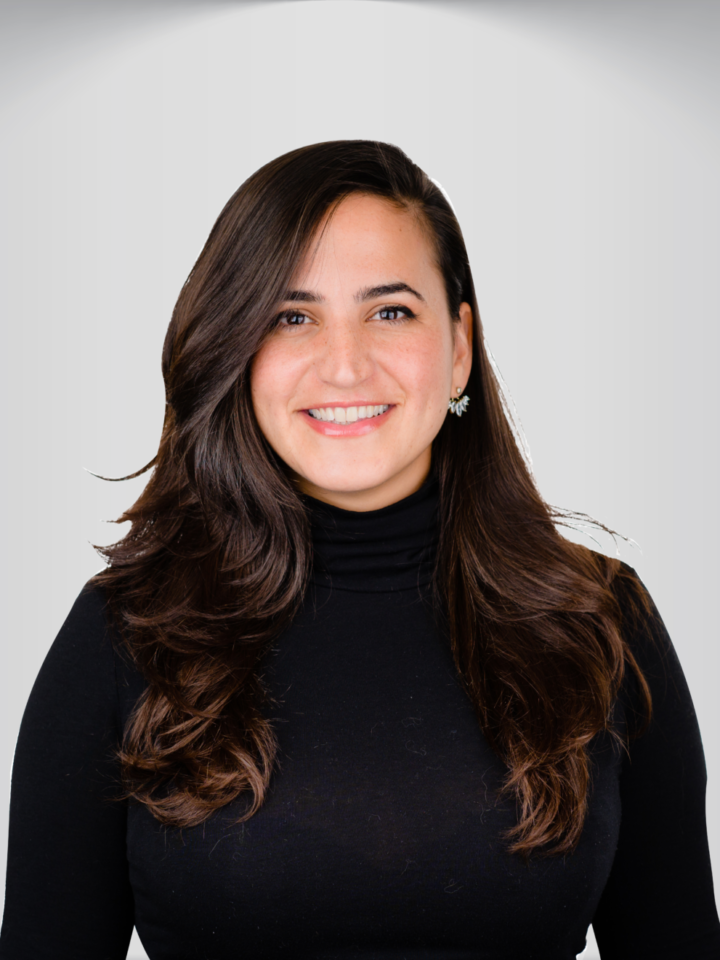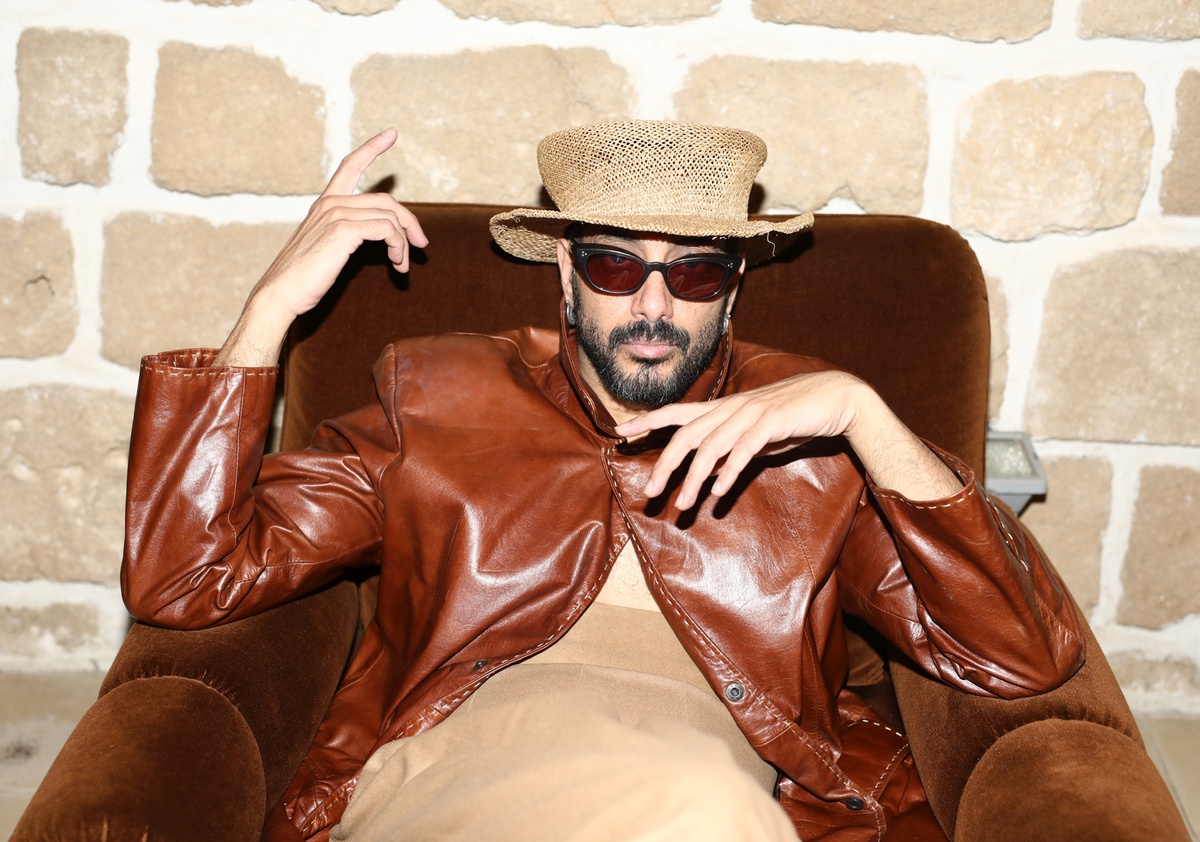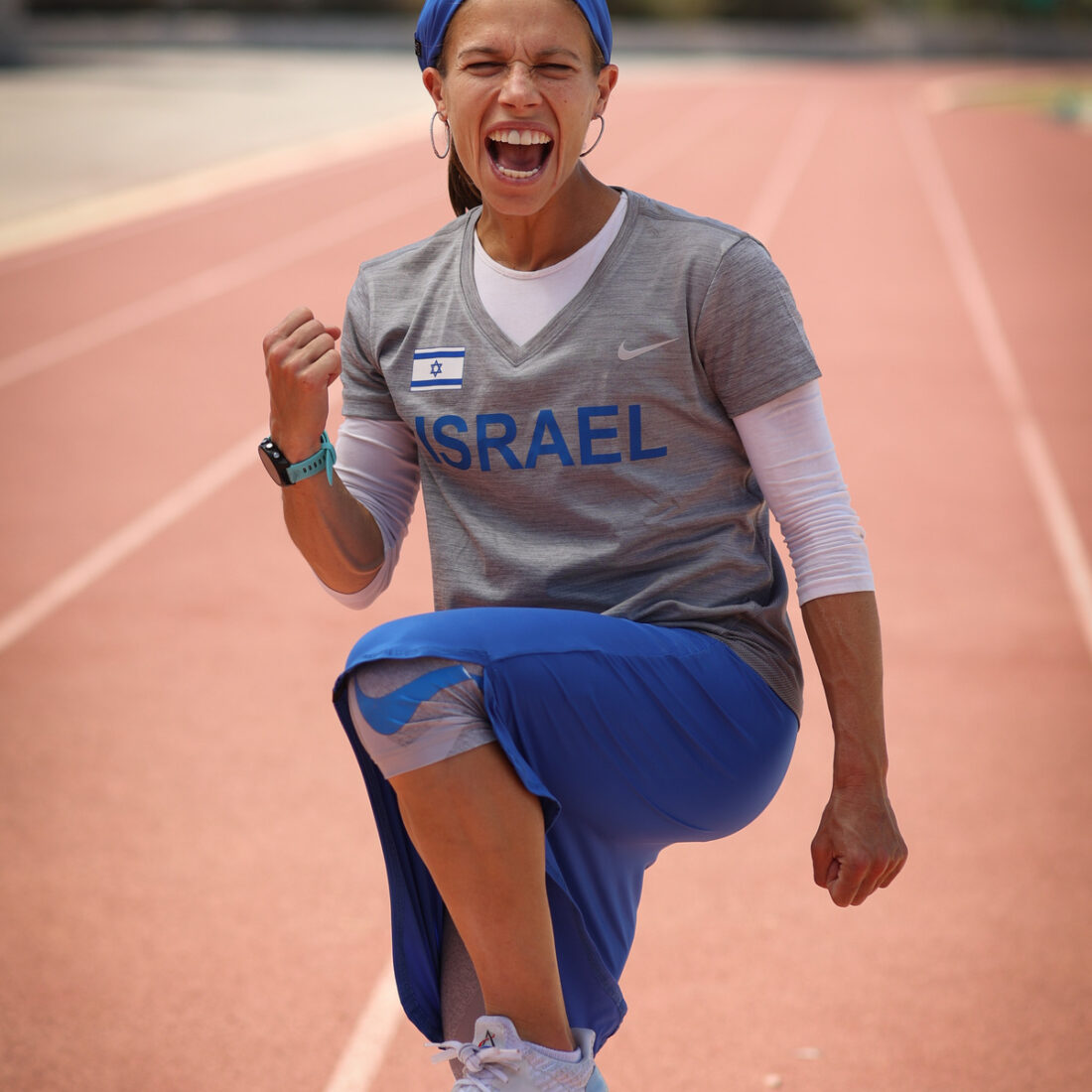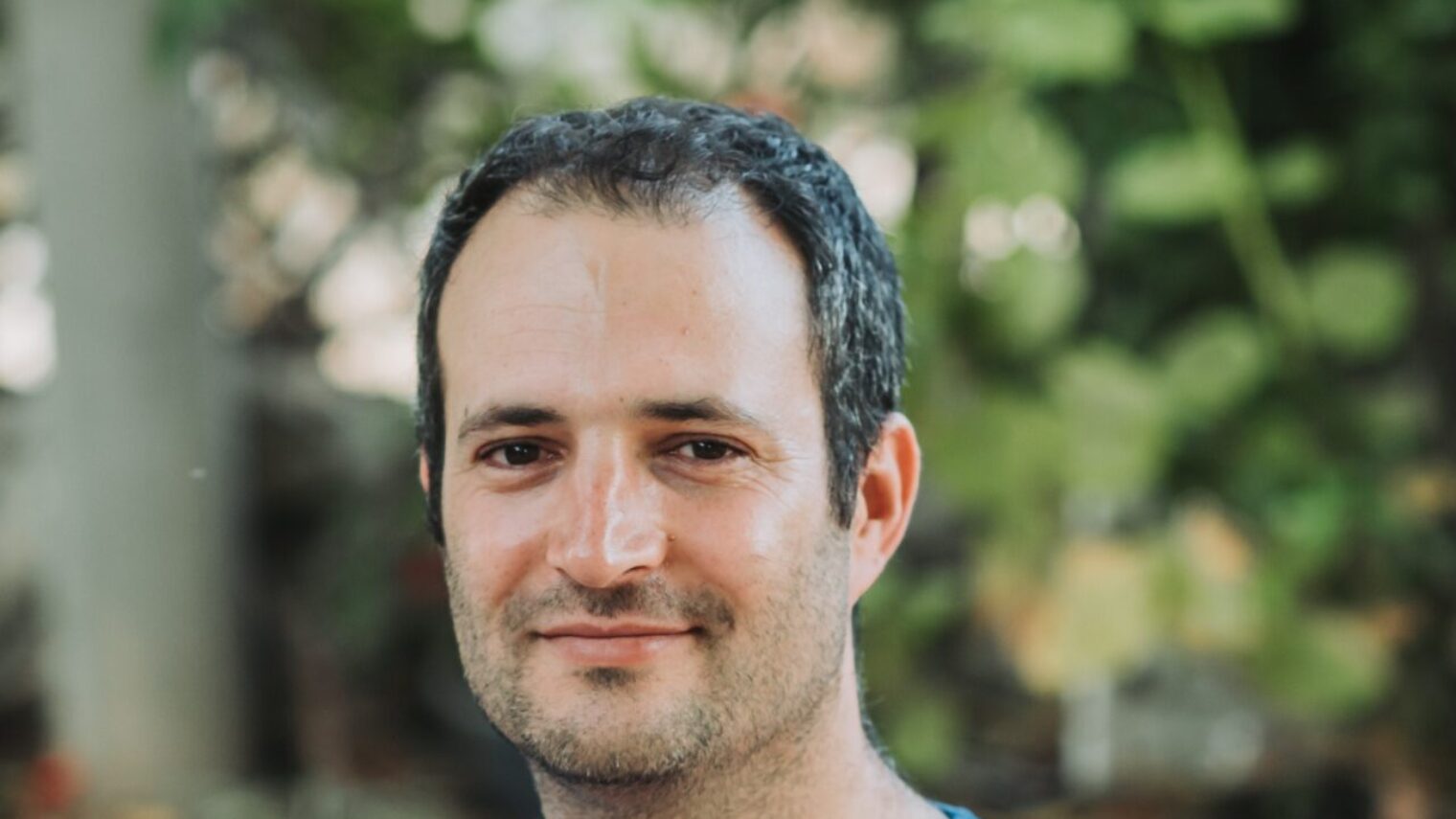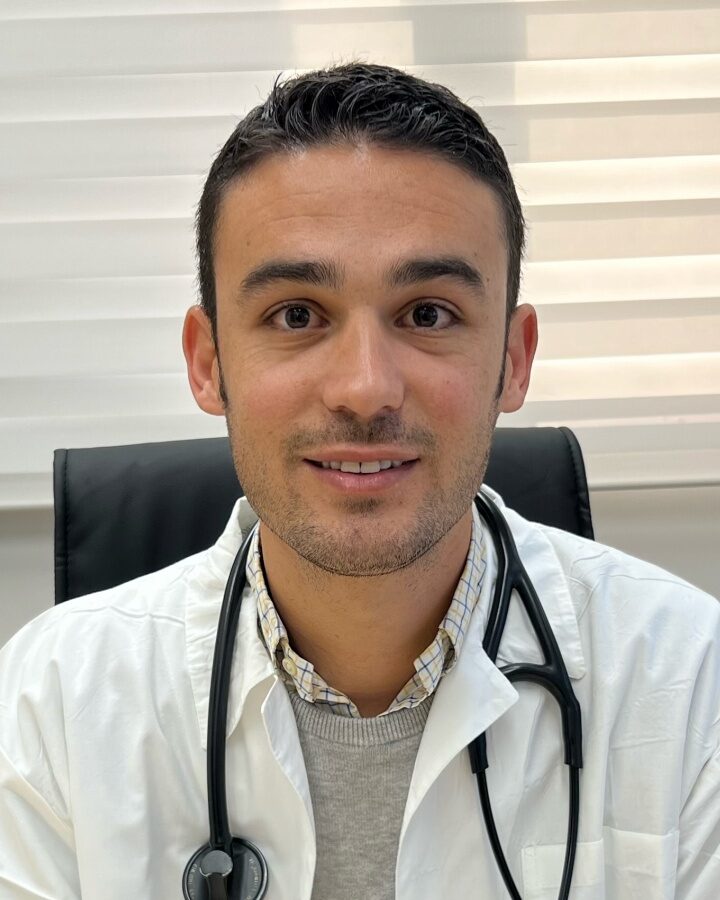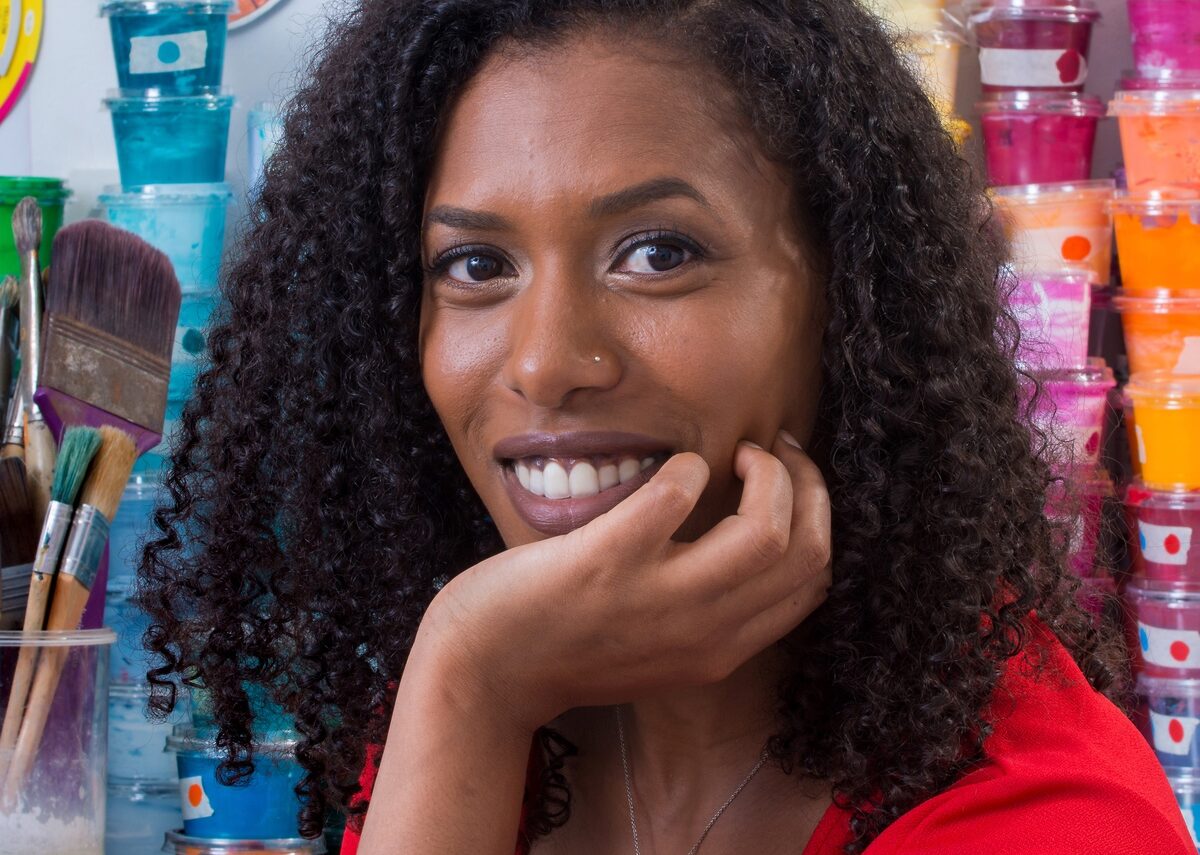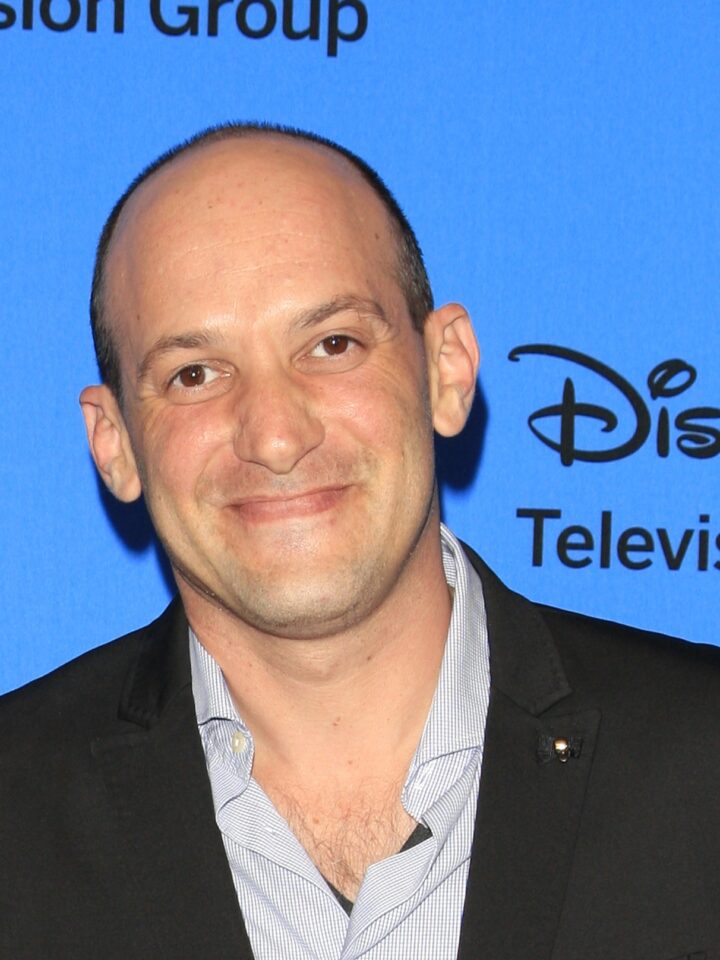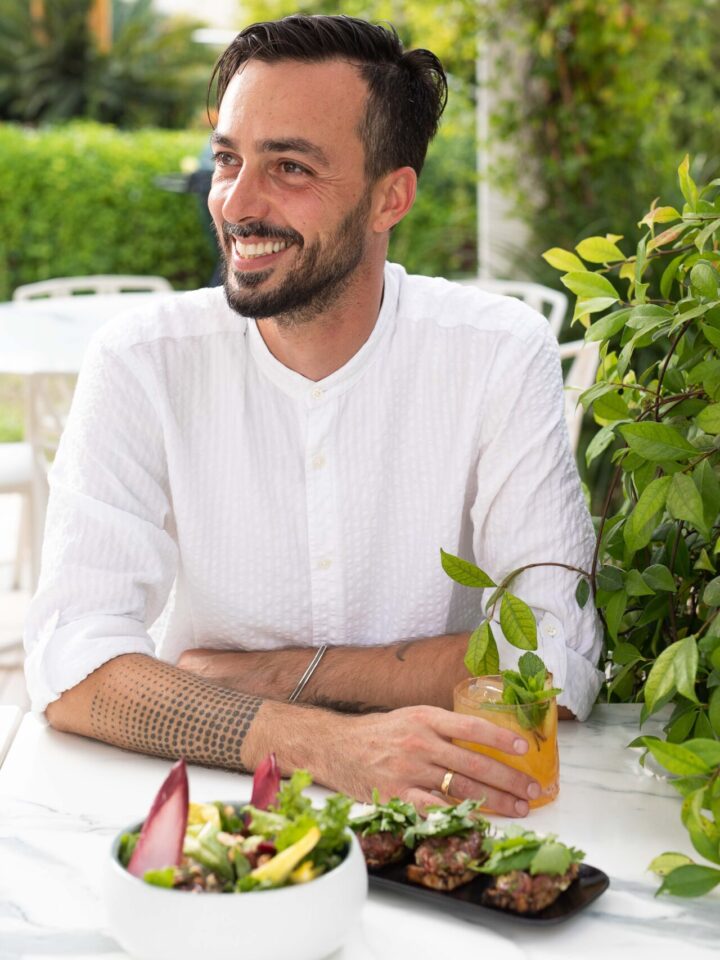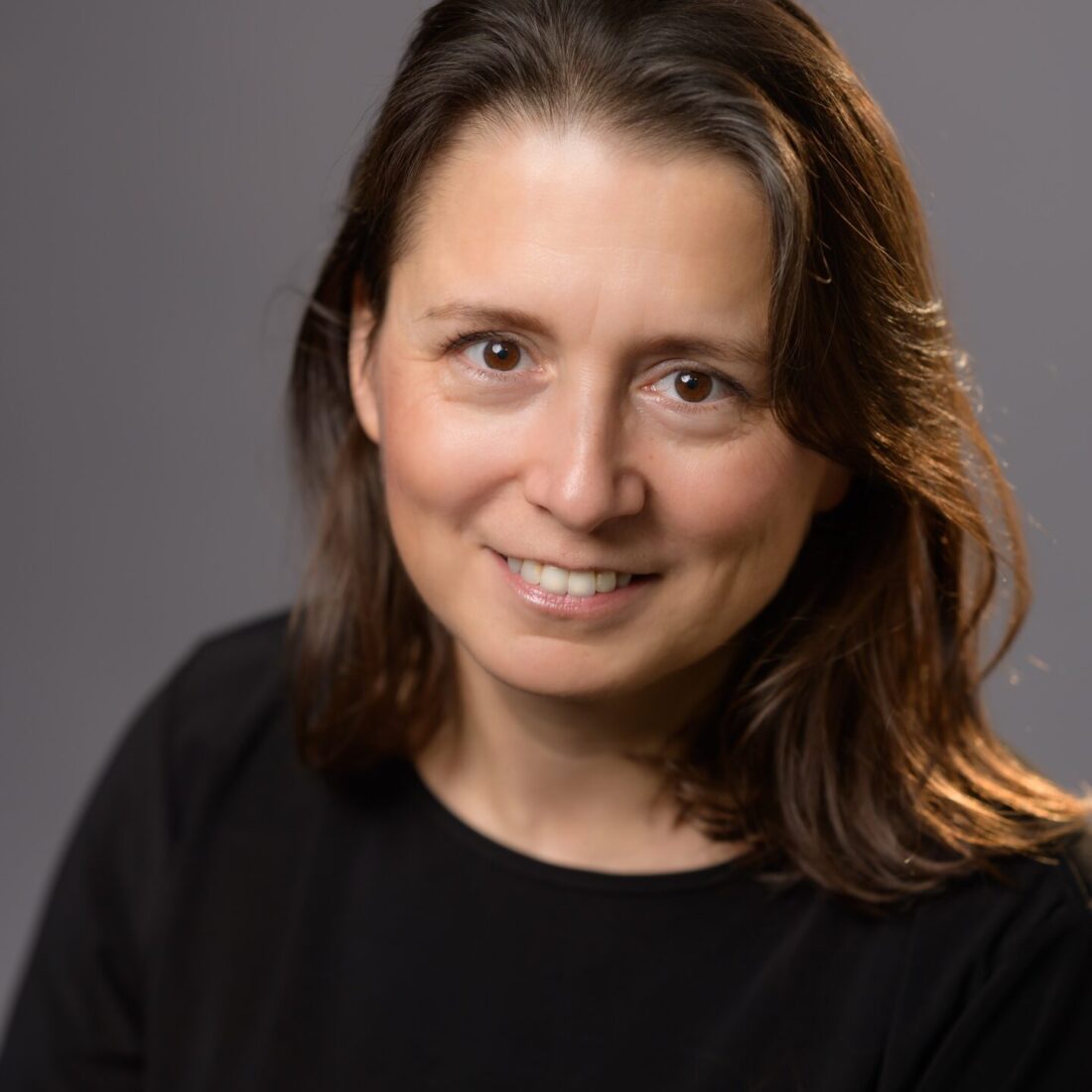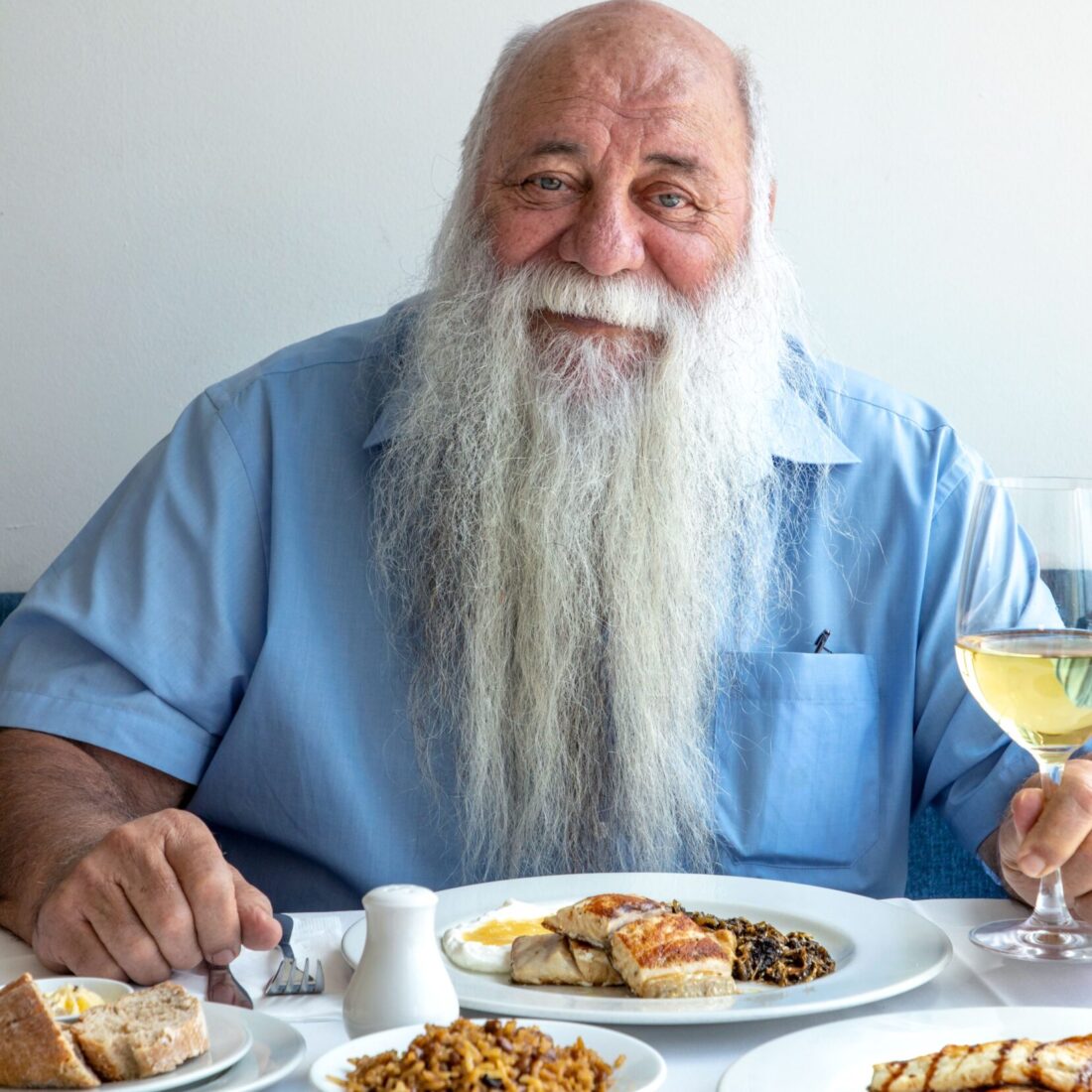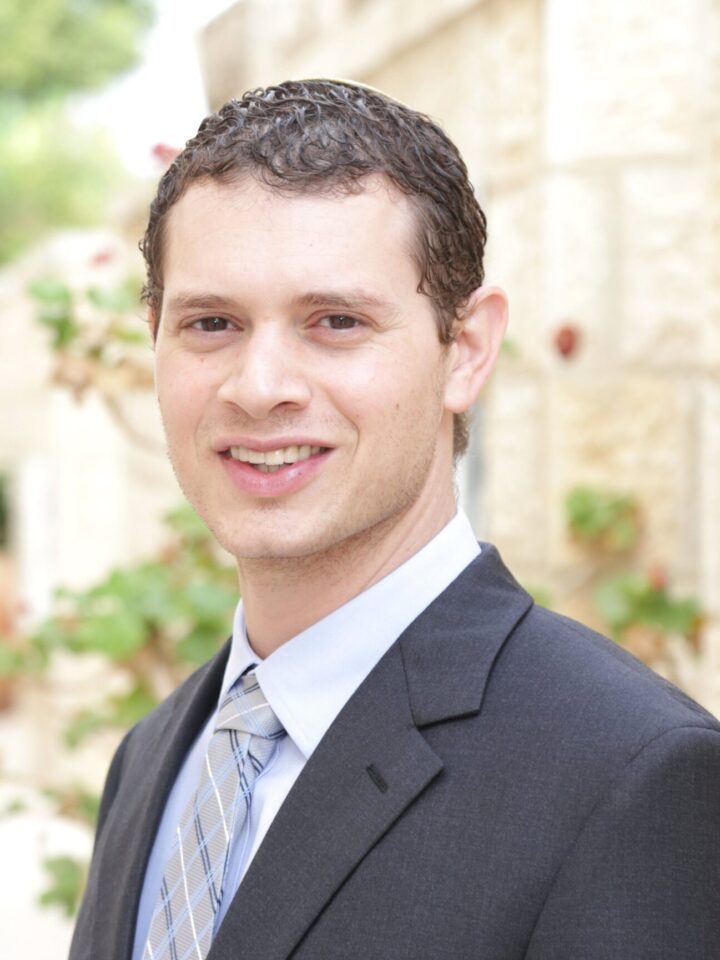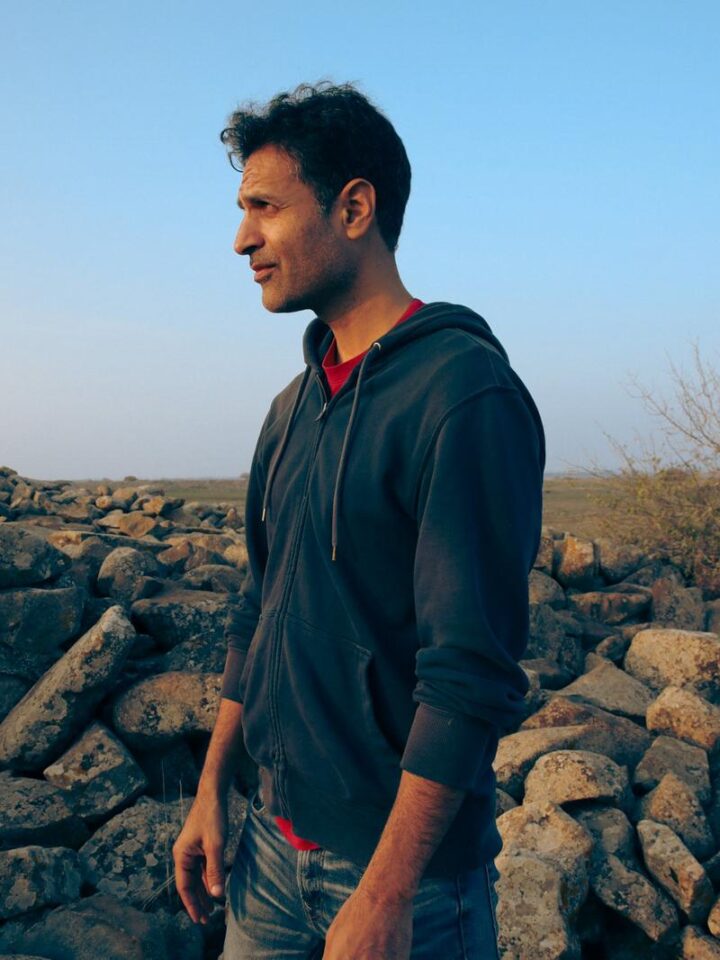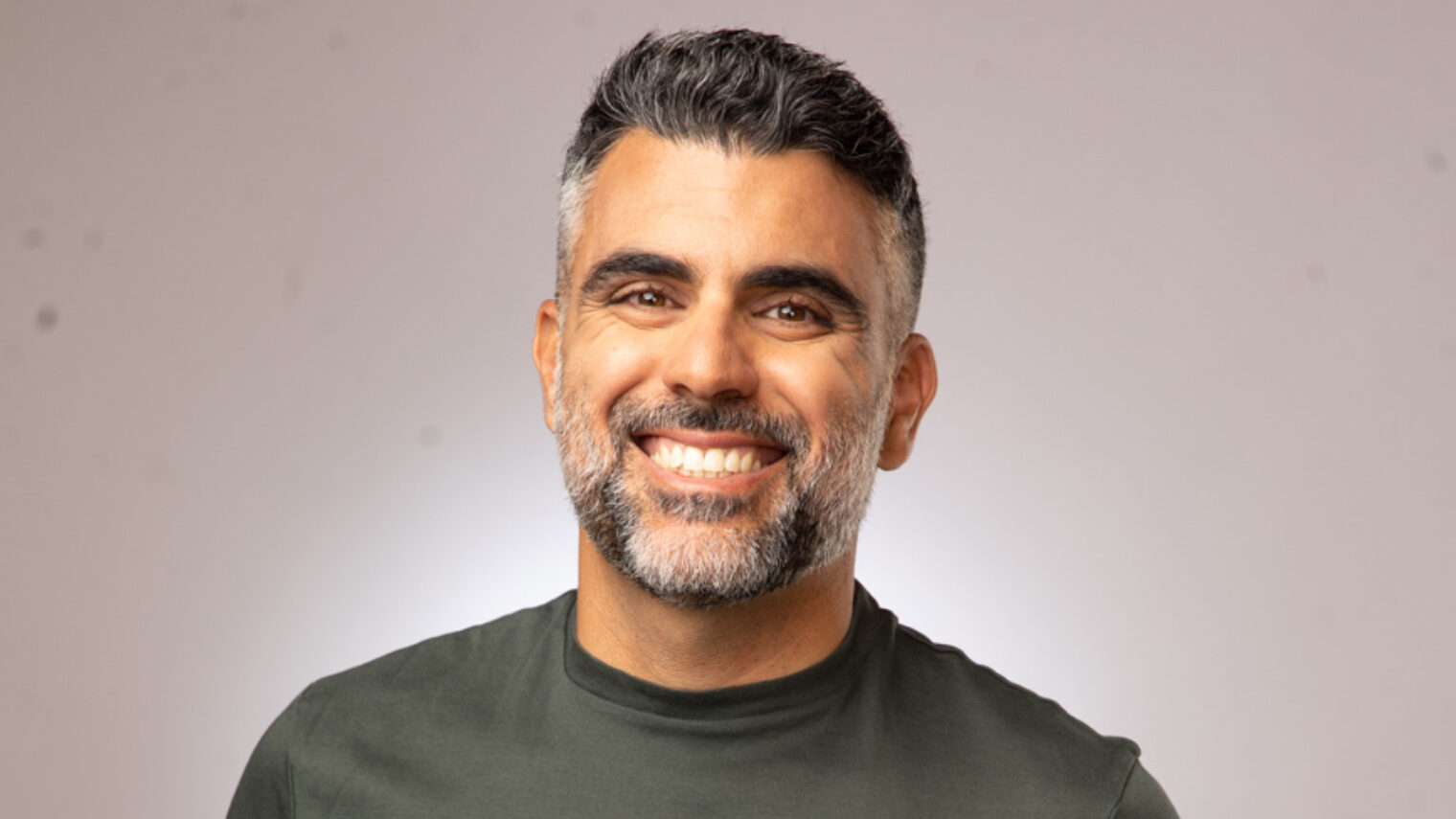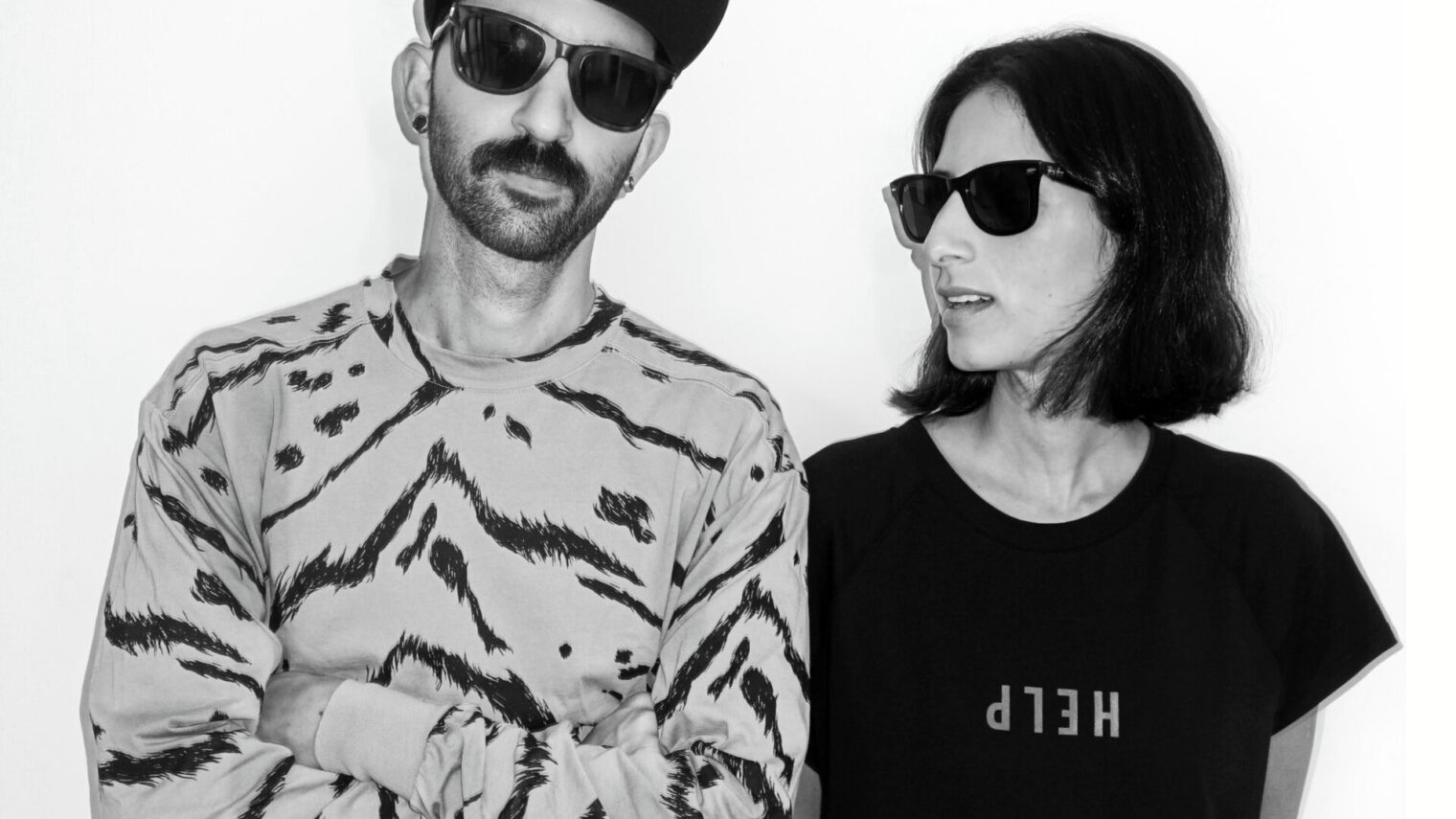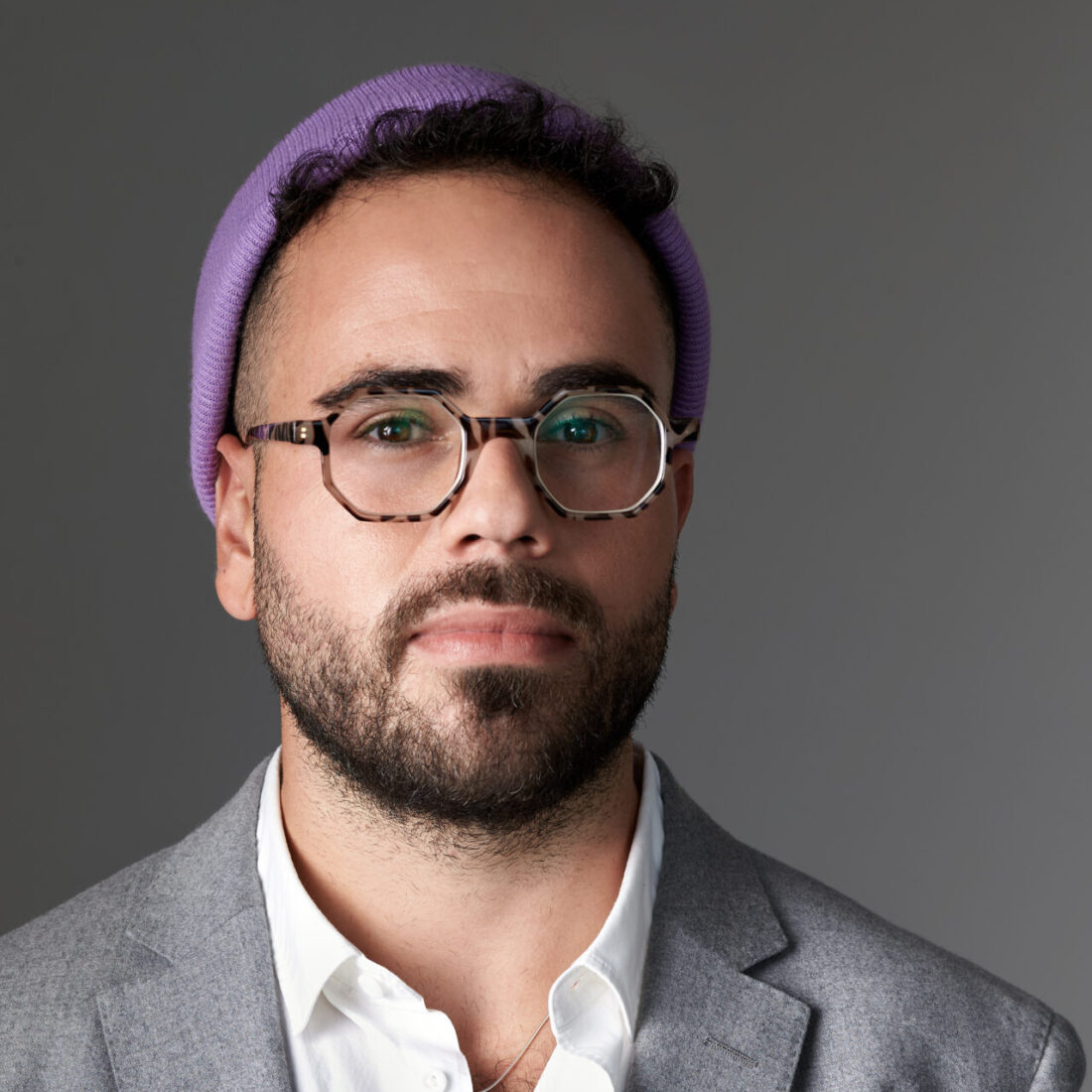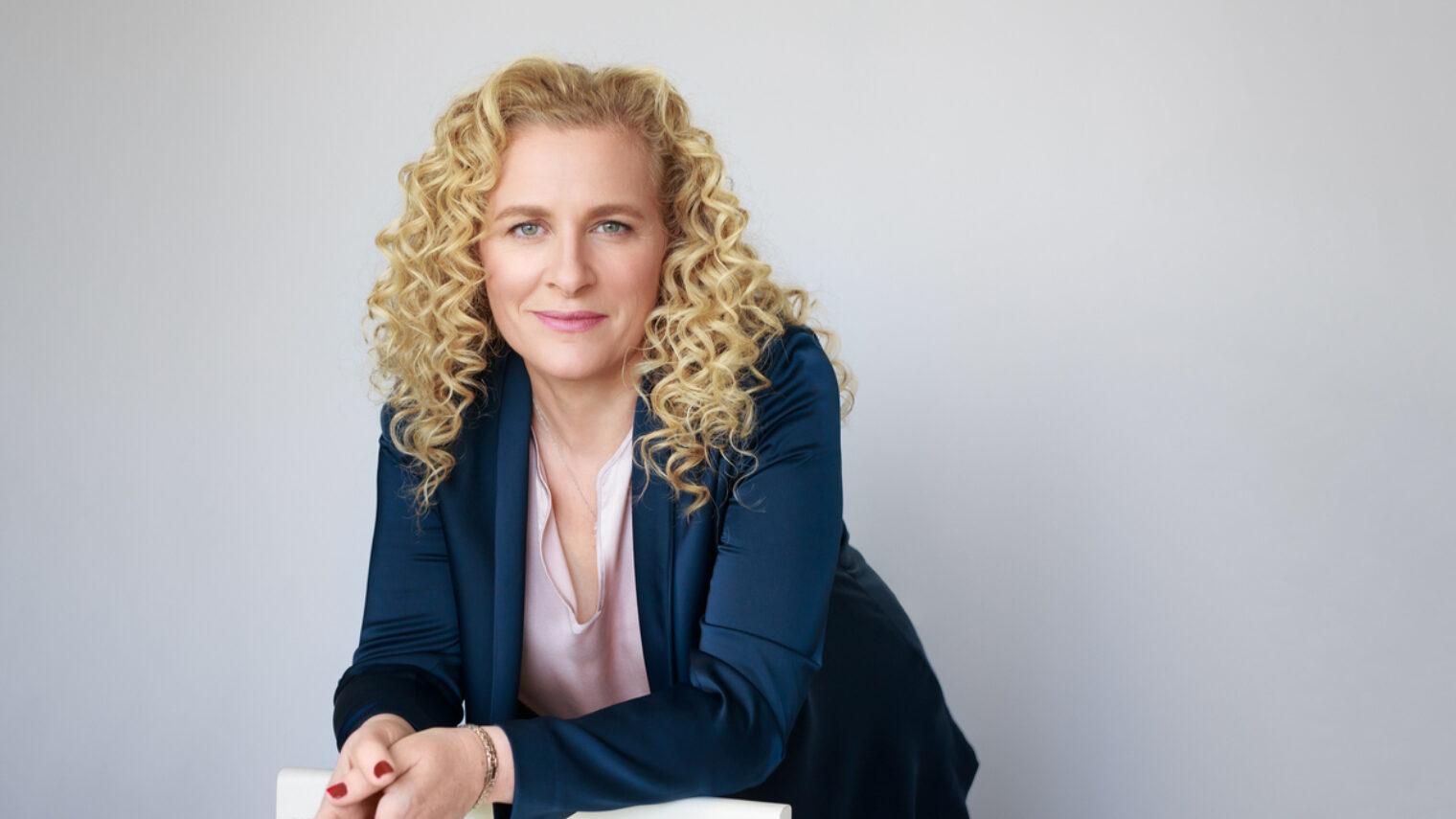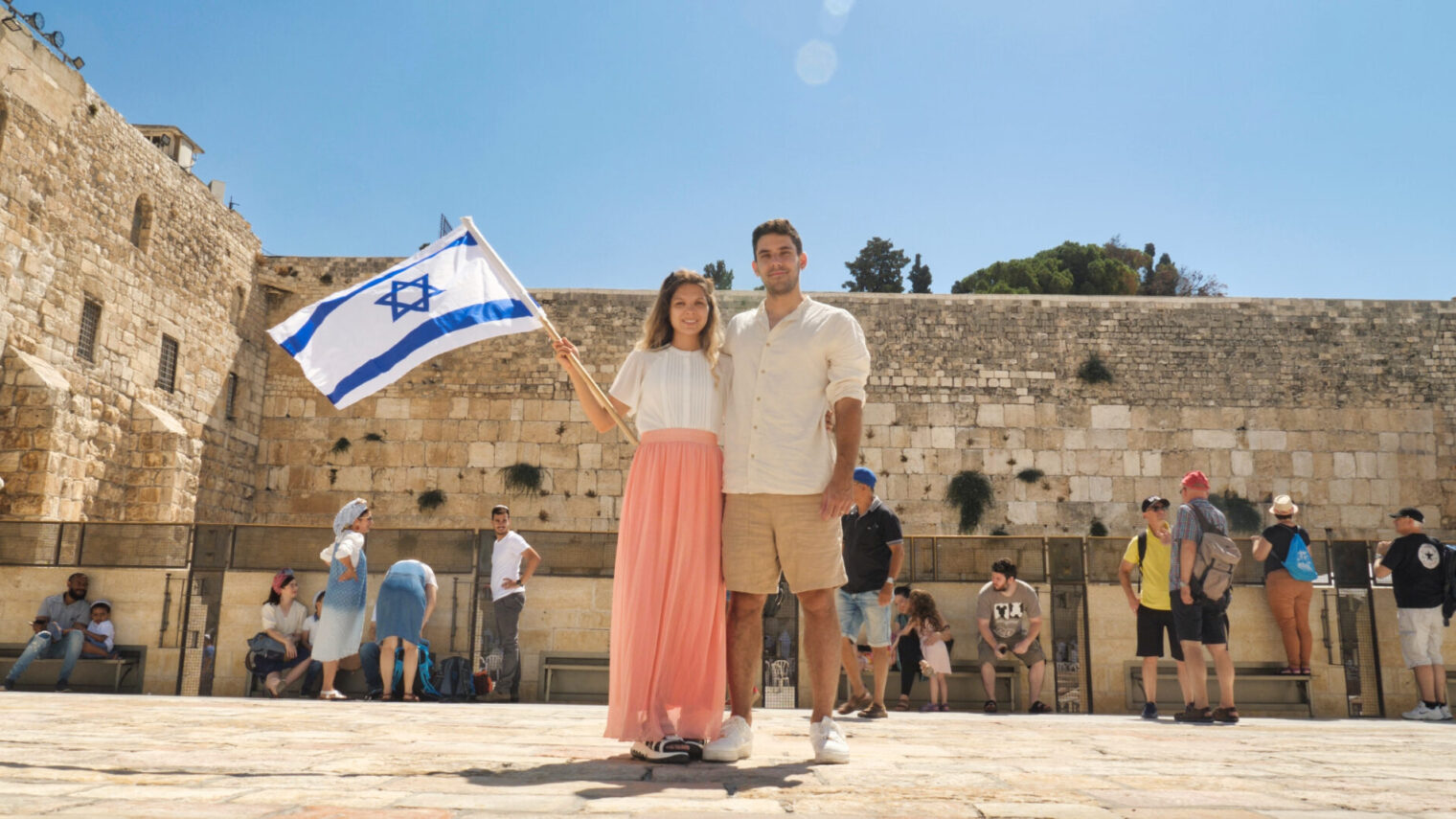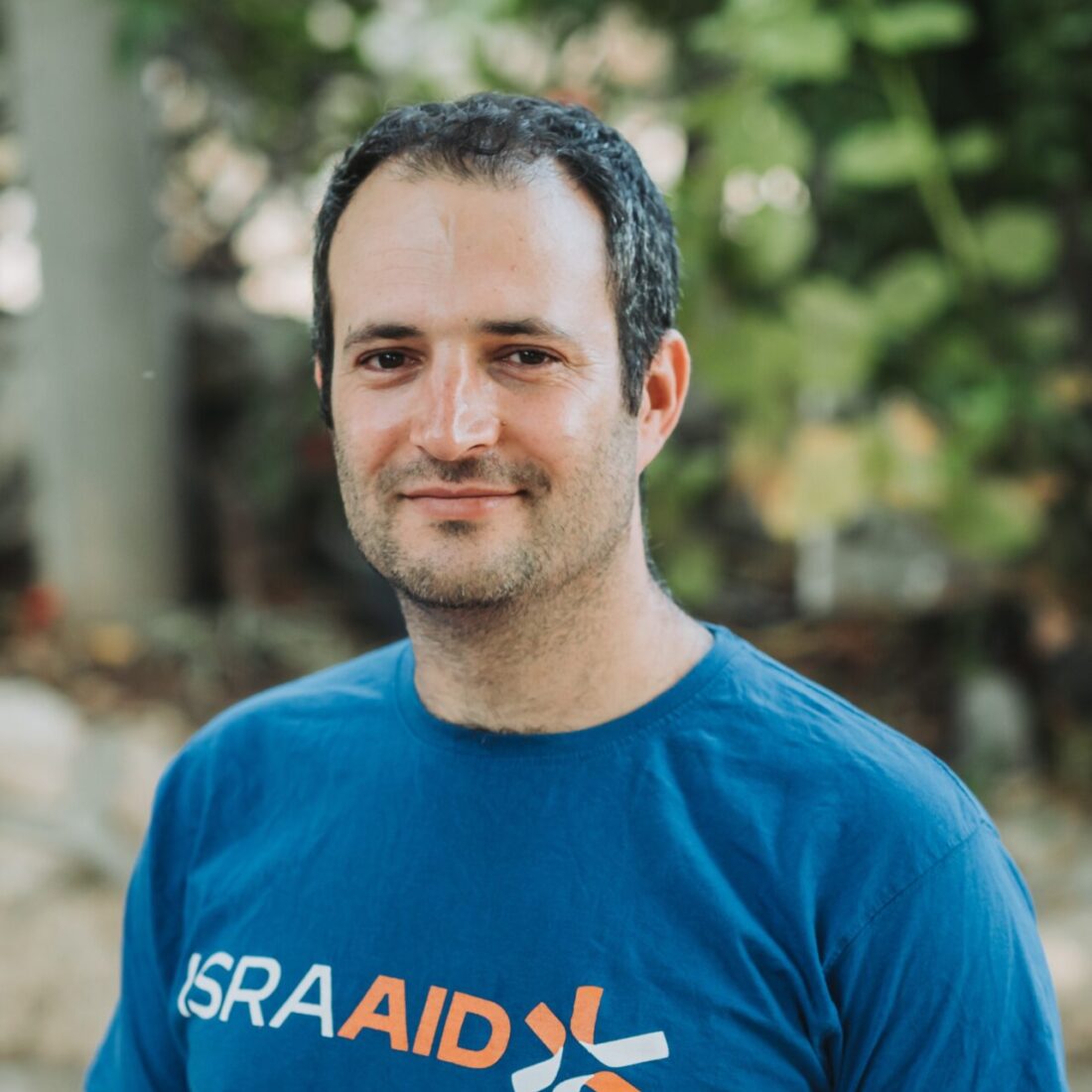Won the Charles Bronfman Prize in 2023
For the past 12 years, as part of my role at IsraAID, together with our incredible team, I’ve led multiple emergency relief missions to some of the world’s worst tragedy sites, including Japan following the tsunami, Sierra Leone during the Ebola outbreak, Nepal after the earthquake, and most recently the evacuation of human-rights activists from Afghanistan.
More importantly, today, our team of over 300 staff members are providing immediate relief and long-term recovery programs in 15 countries. The impact of our work reaches millions all over the world, in the most vulnerable situations.
I find myself motivated by my team — an amazing group of professionals who dedicate their lives to the communities we serve, day in and day out.
“The impact of our work reaches millions all over the world, in the most vulnerable situations.”
We will continue to be there, first on the ground, whenever a crisis hits, whether it’s climate- or conflict related. More importantly, we will work side by side with these communities and support them on their long journey towards recovery and resilience.
We face tremendous challenges all the time. Personally, the operation in Afghanistan, where we had to evacuate more than 200 human-rights activists, was extremely stressful. I remember I didn’t sleep for over a month. The project in Sierra Leone, to support Ebola survivors, was probably our scariest.
Other than these extreme events, we’re met daily with challenges of maintaining organizational growth and finding ways to keep flexible and agile, while becoming even more professional and methodical in our work.
I learned from my parents (a social worker and a therapist) the concept of active anthropology — a deep passion for supporting and learning from people, in different cultures. I have the best job in the world. I learn so much and get inspired by our team around the world. I can’t see myself doing anything else.




